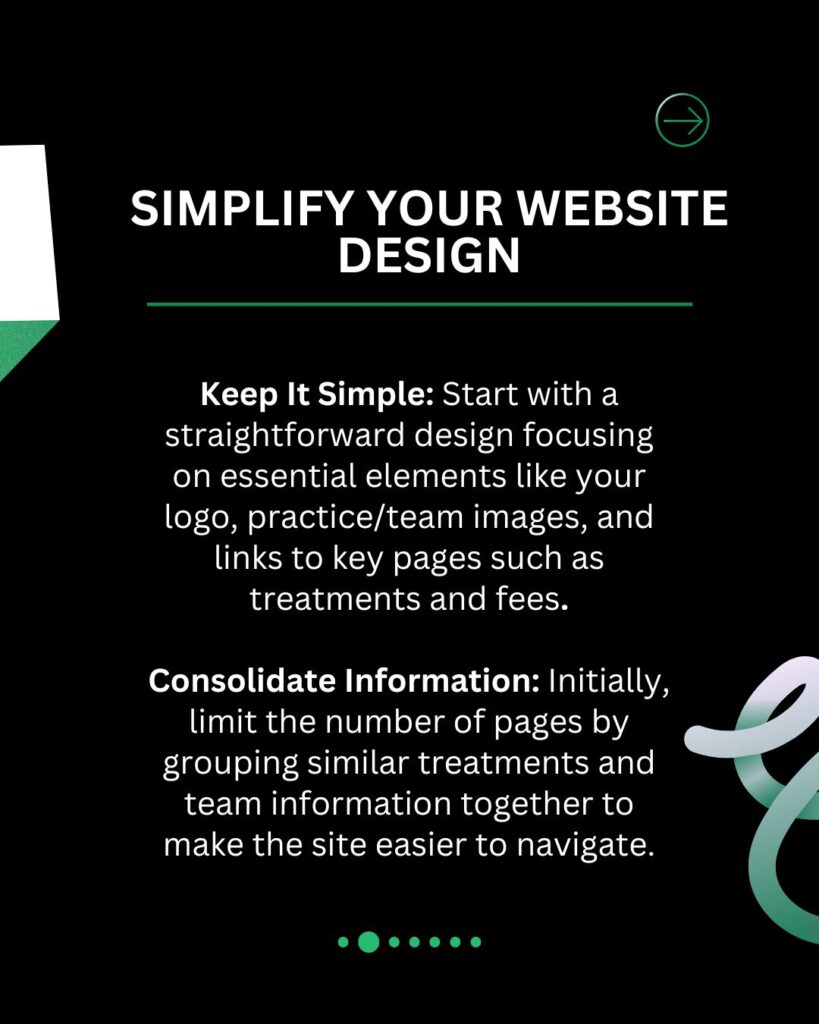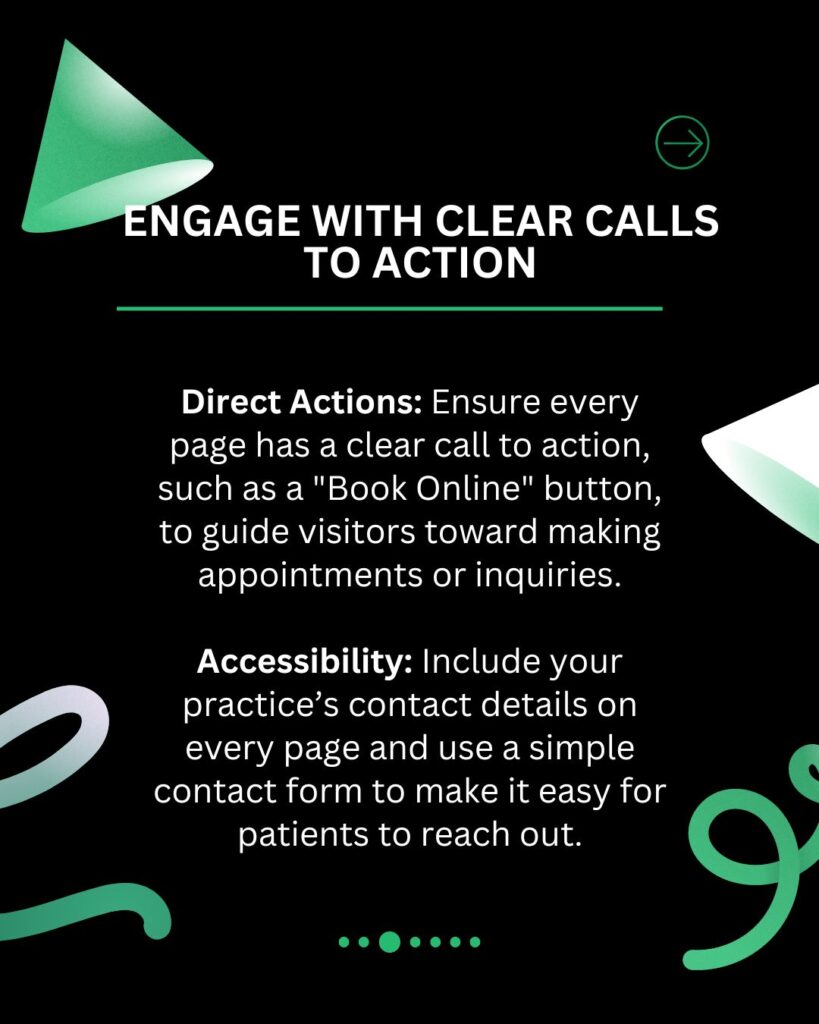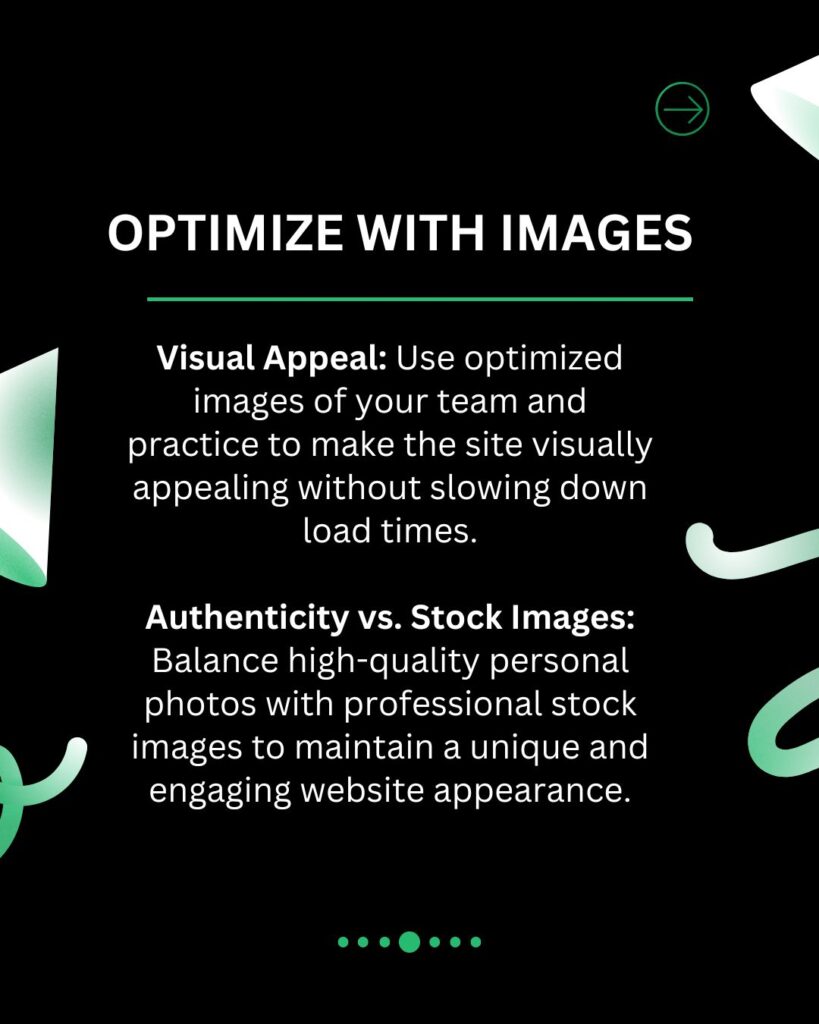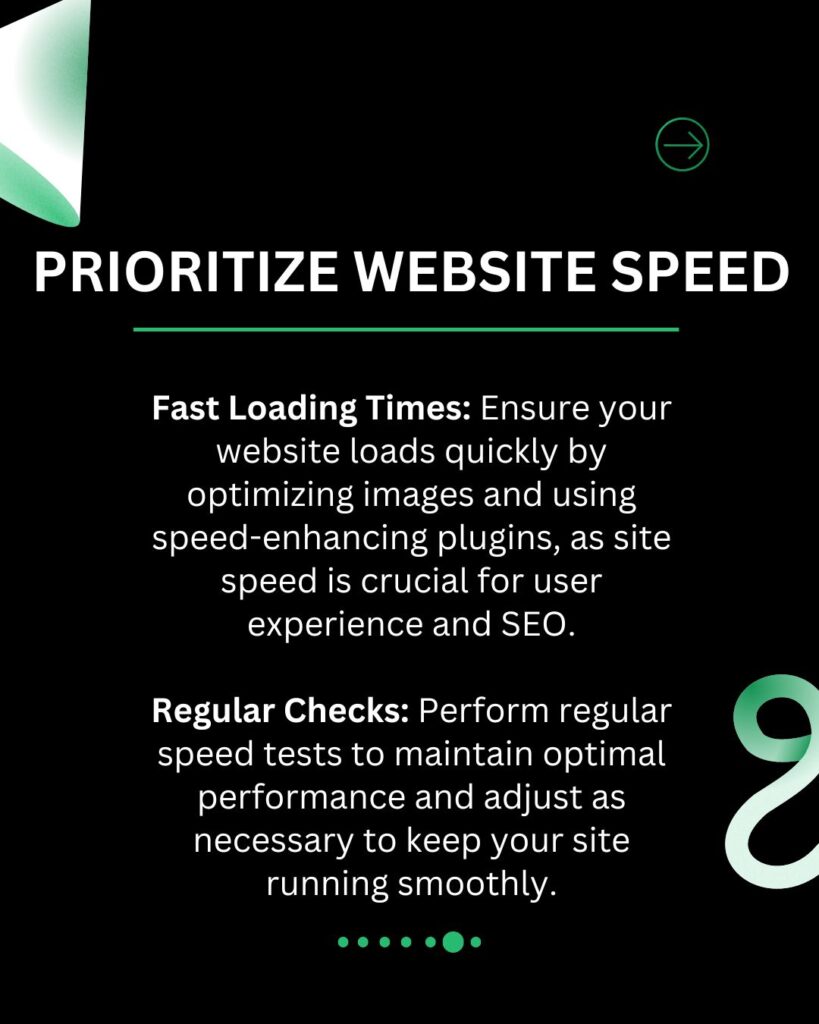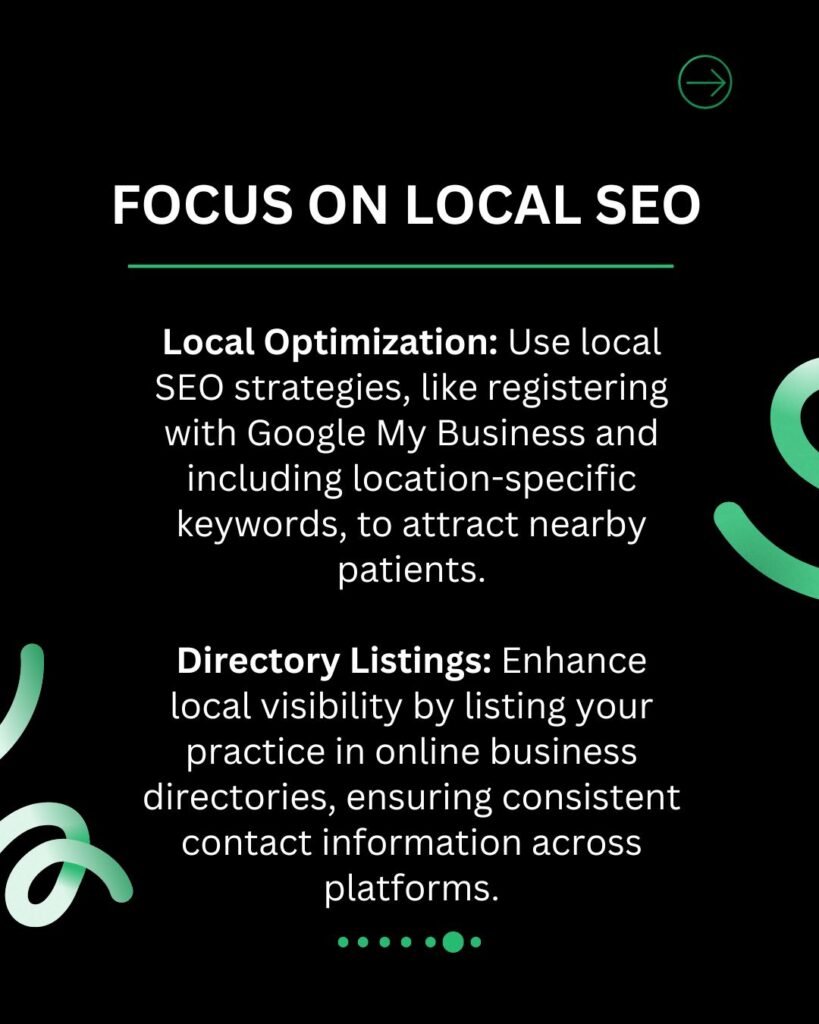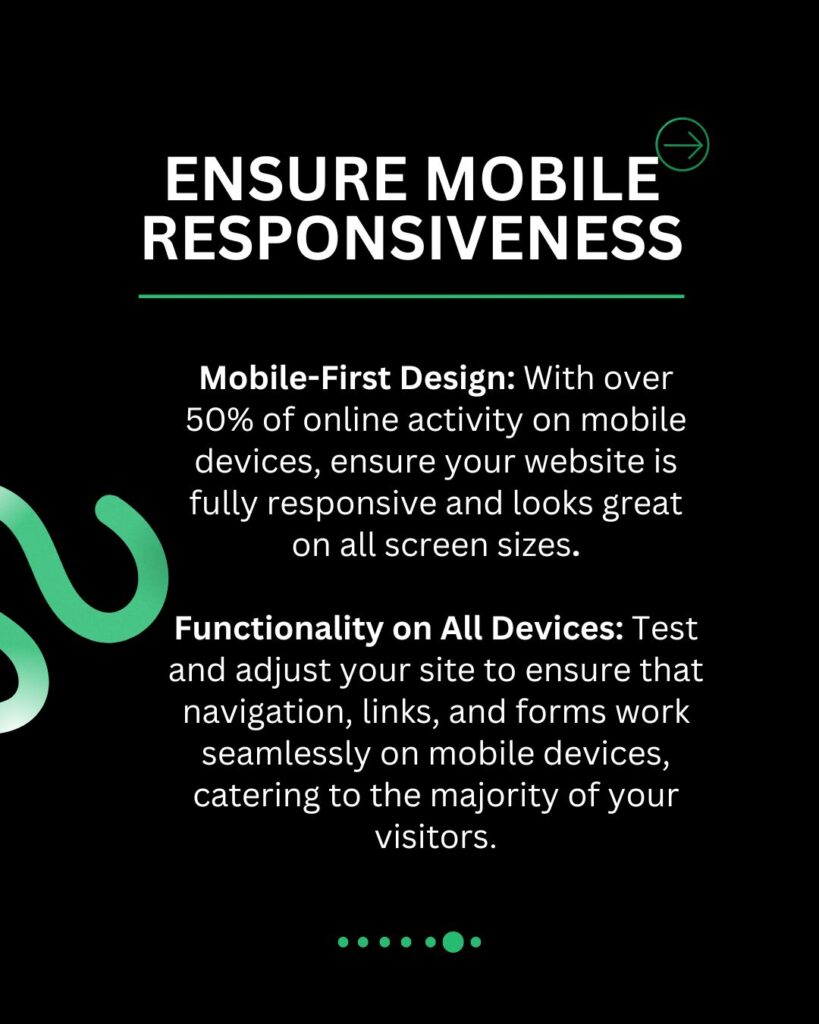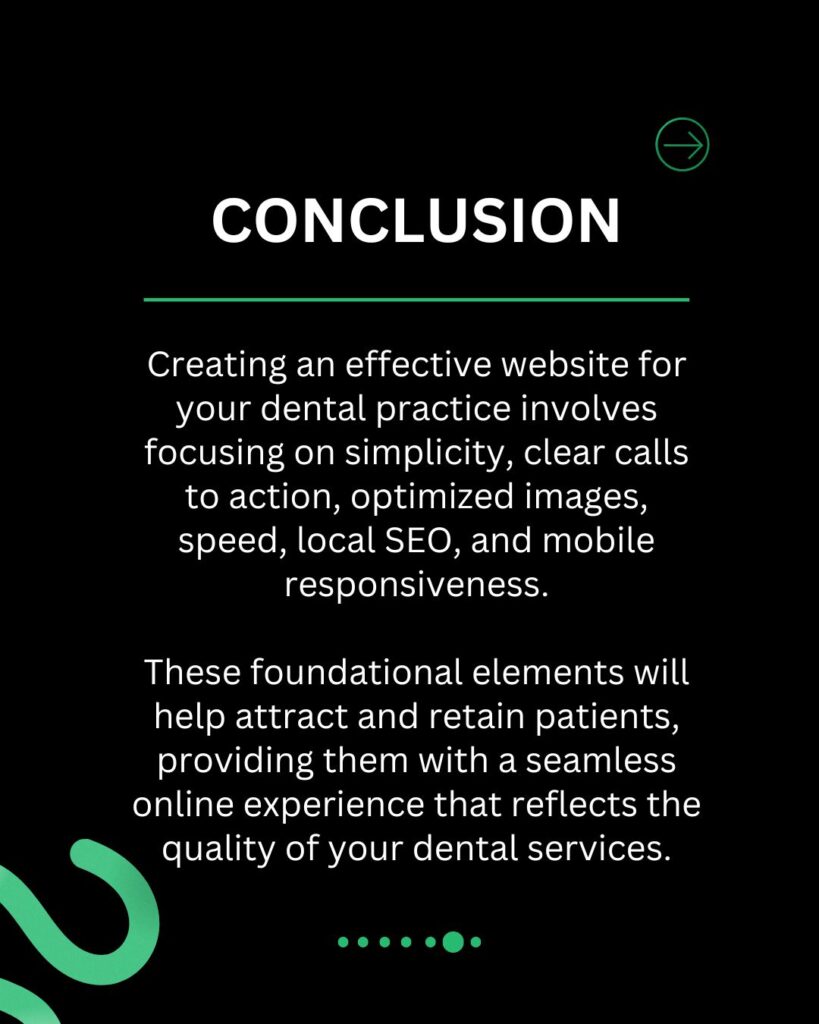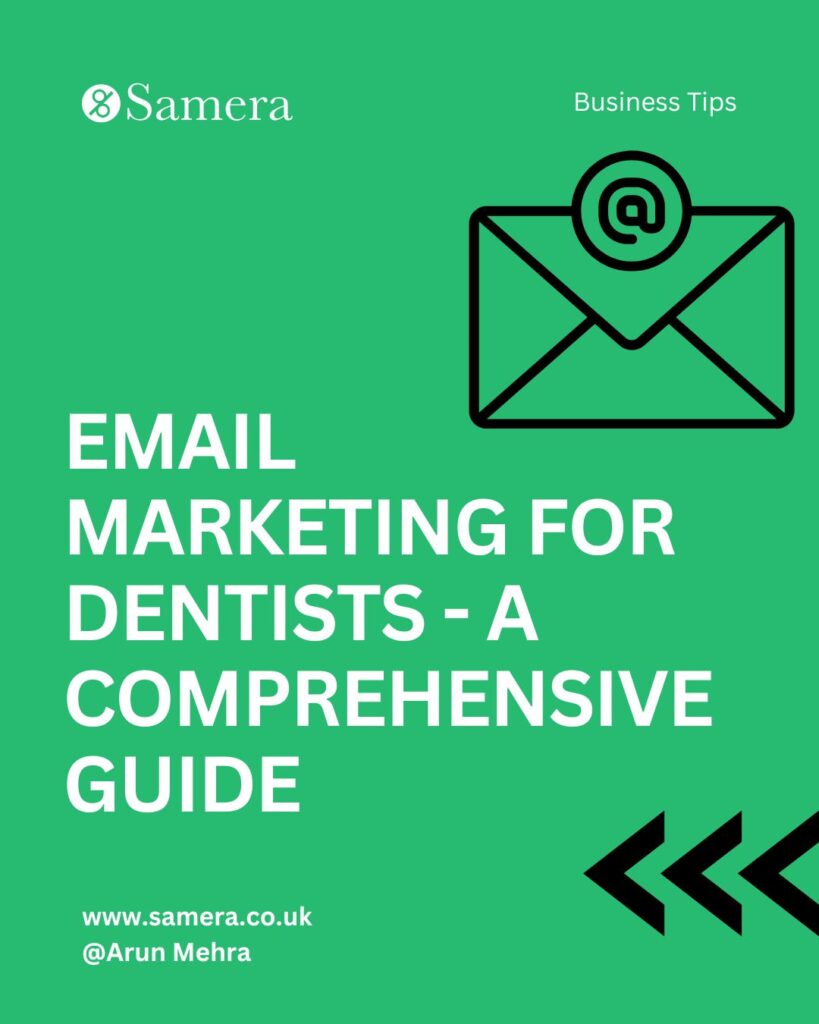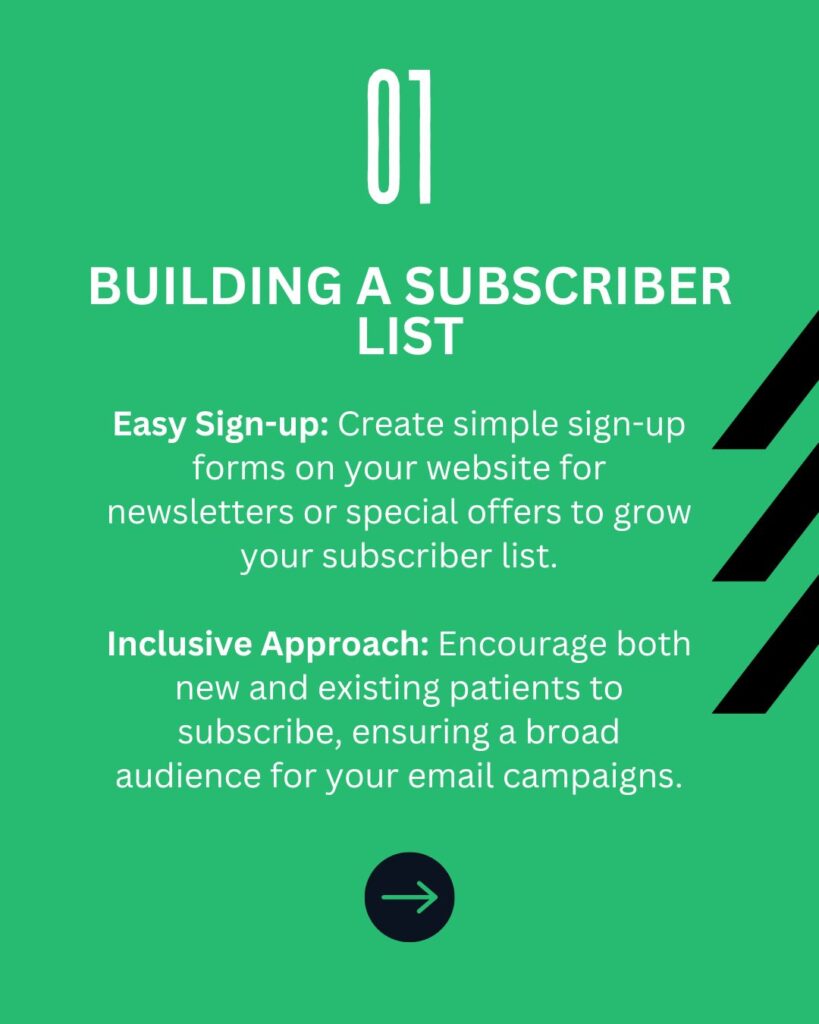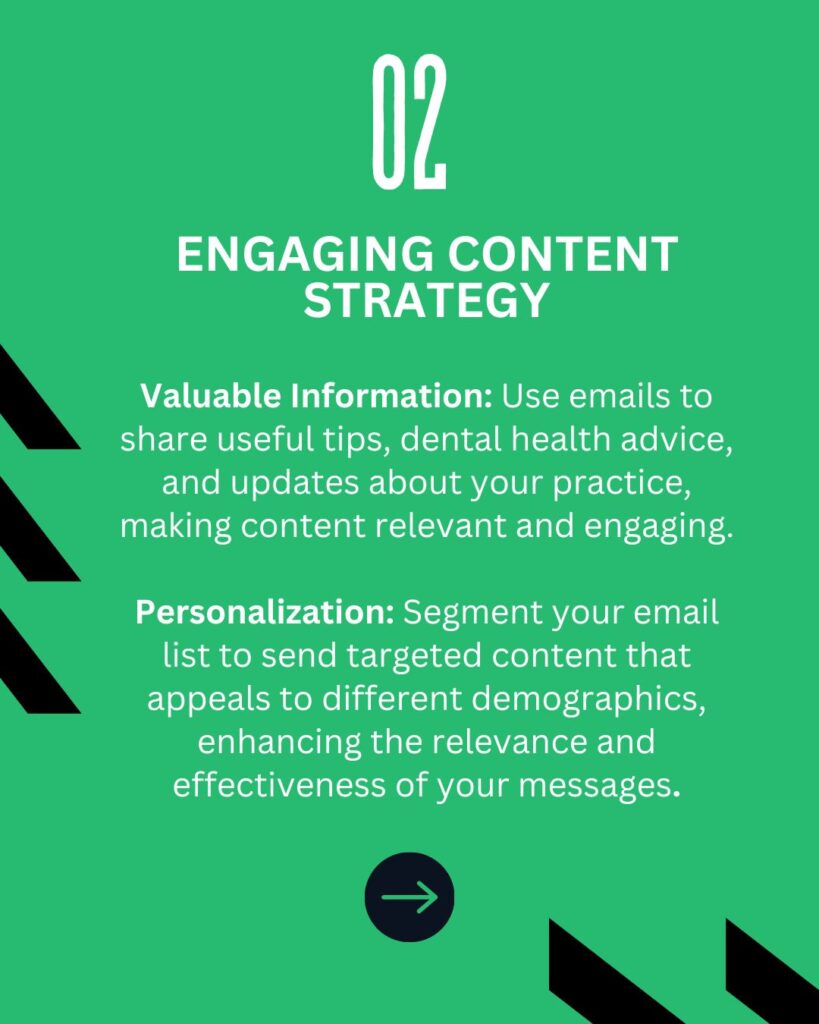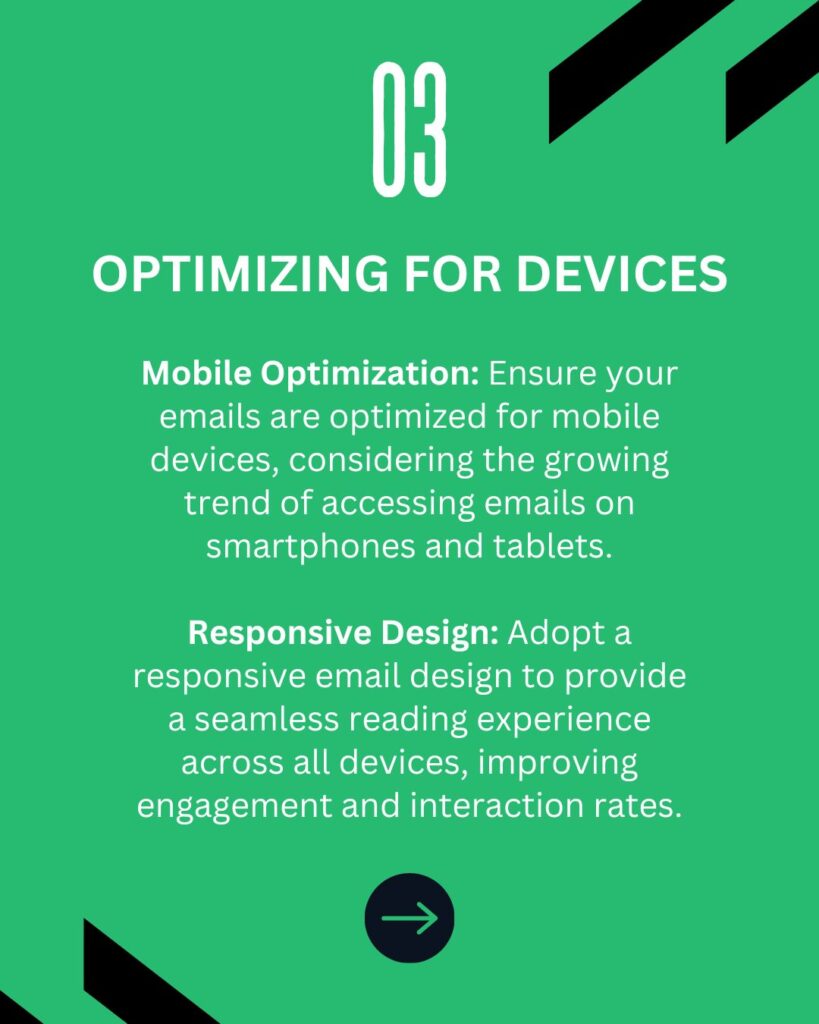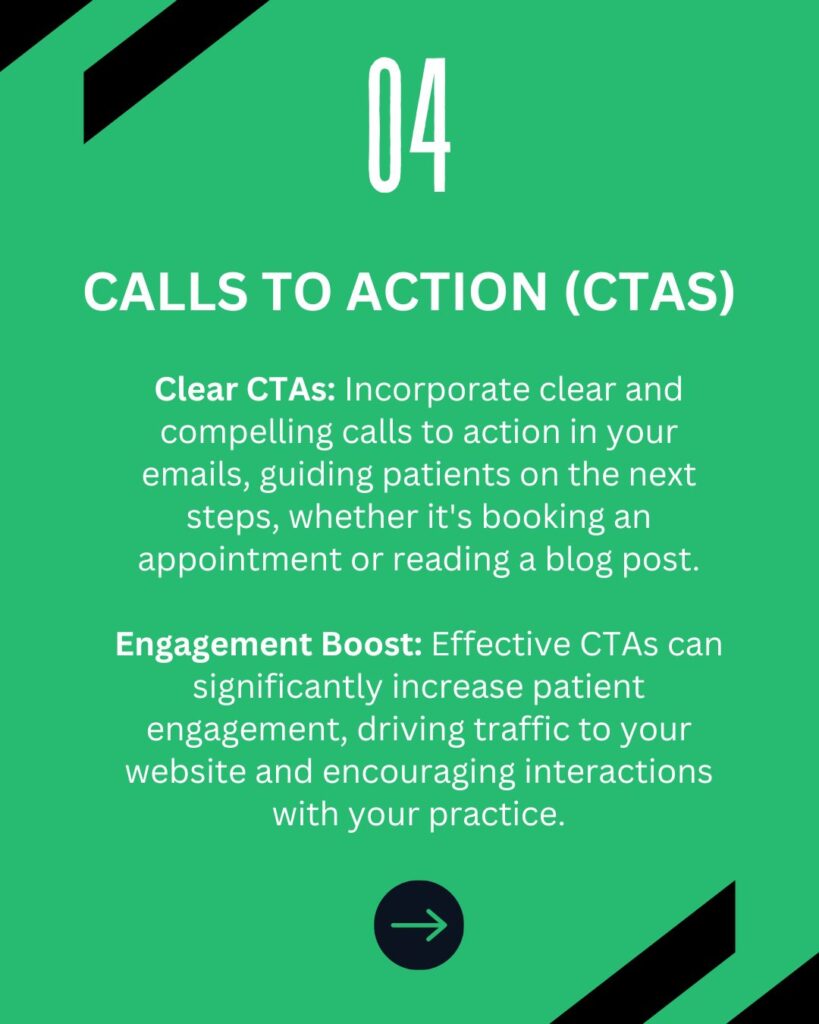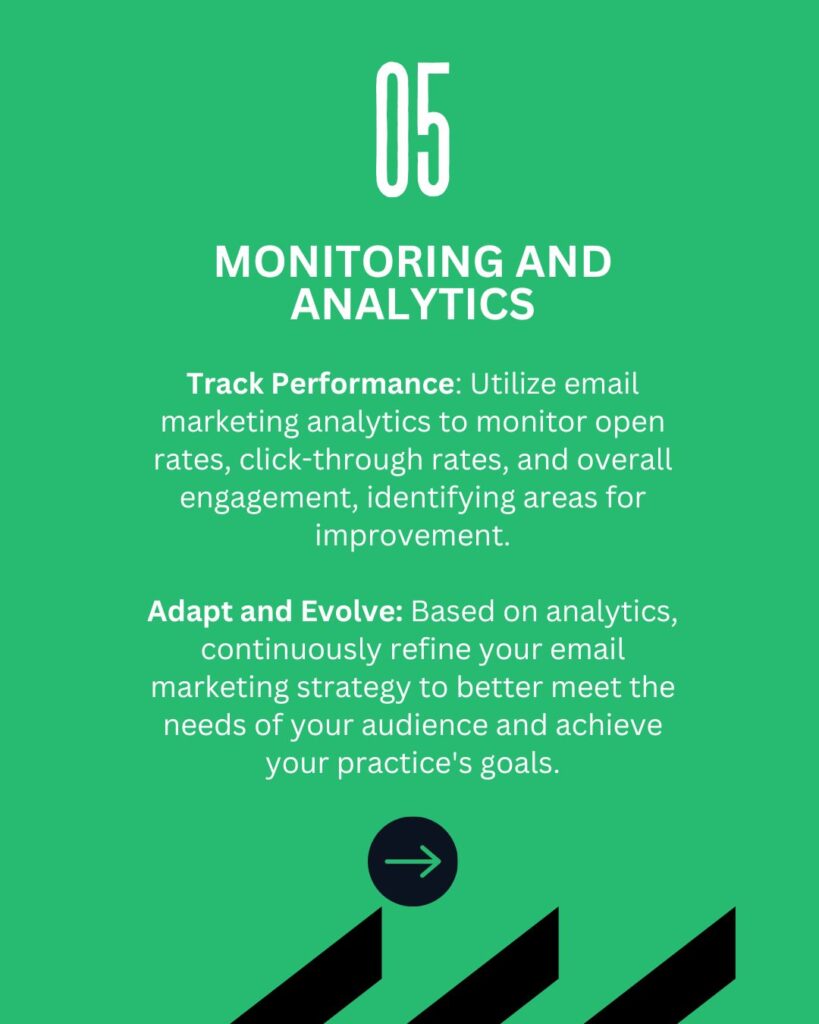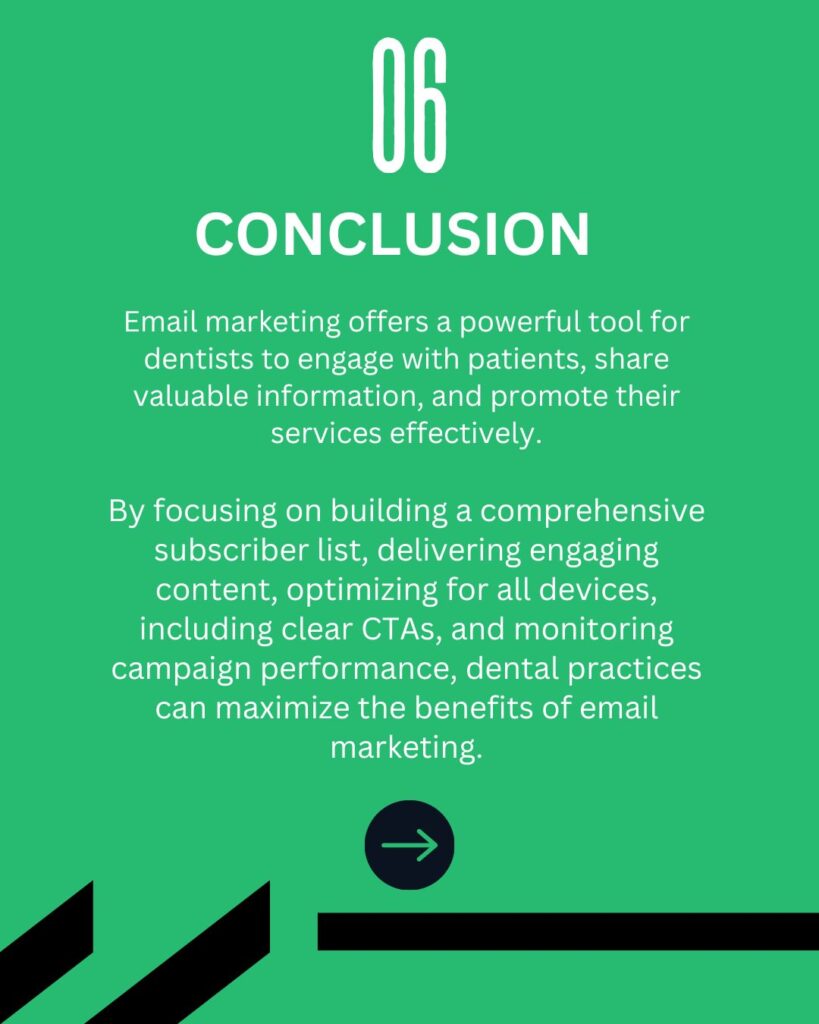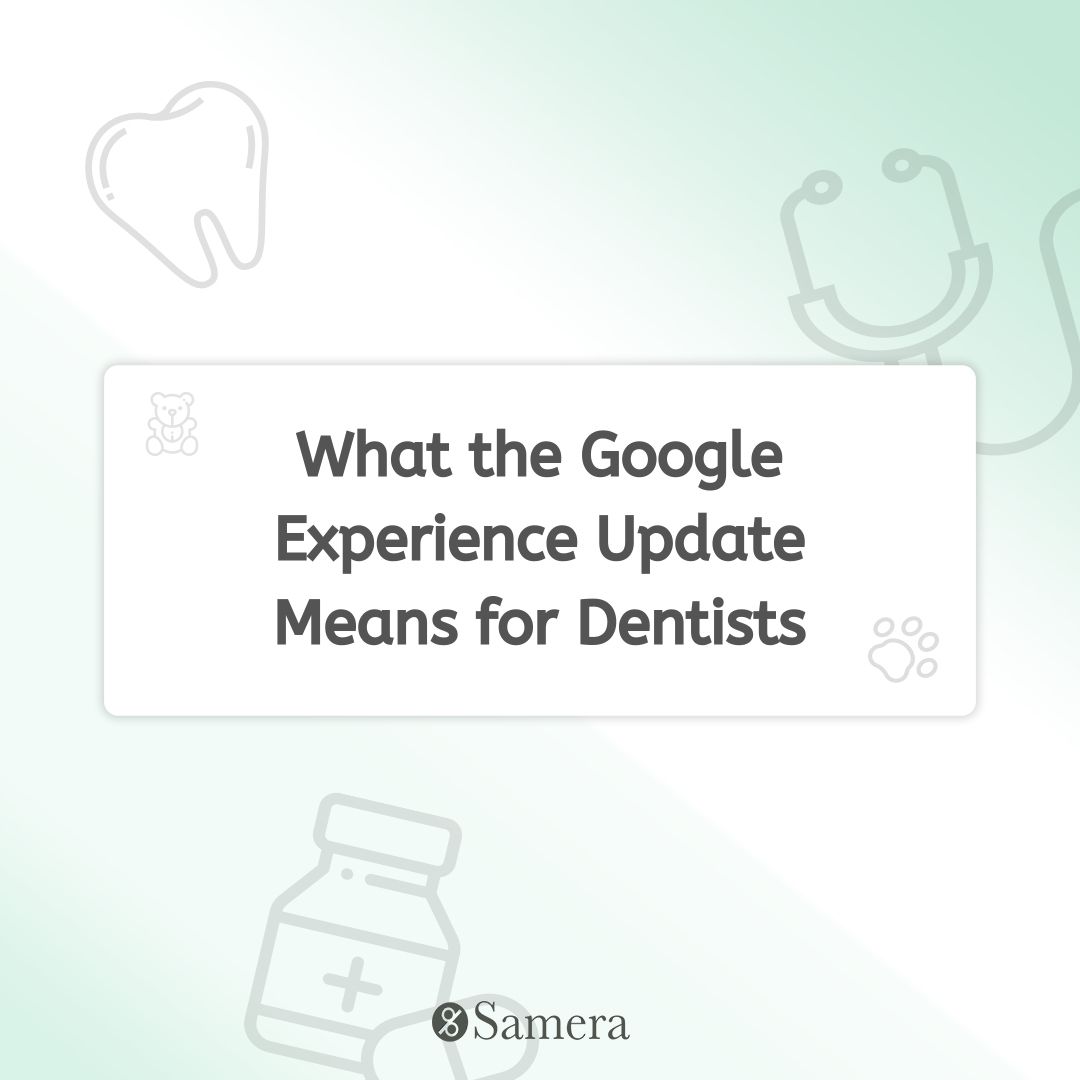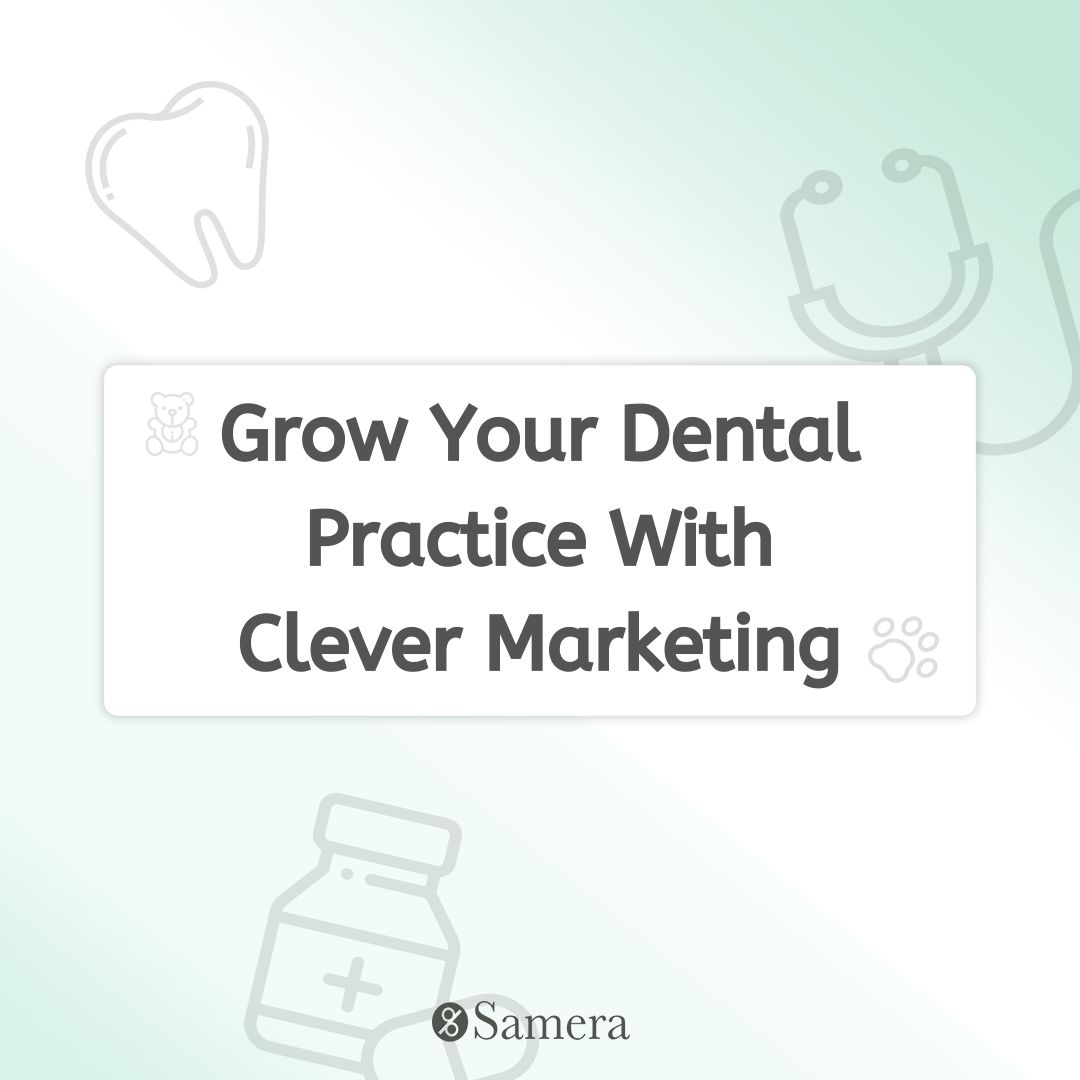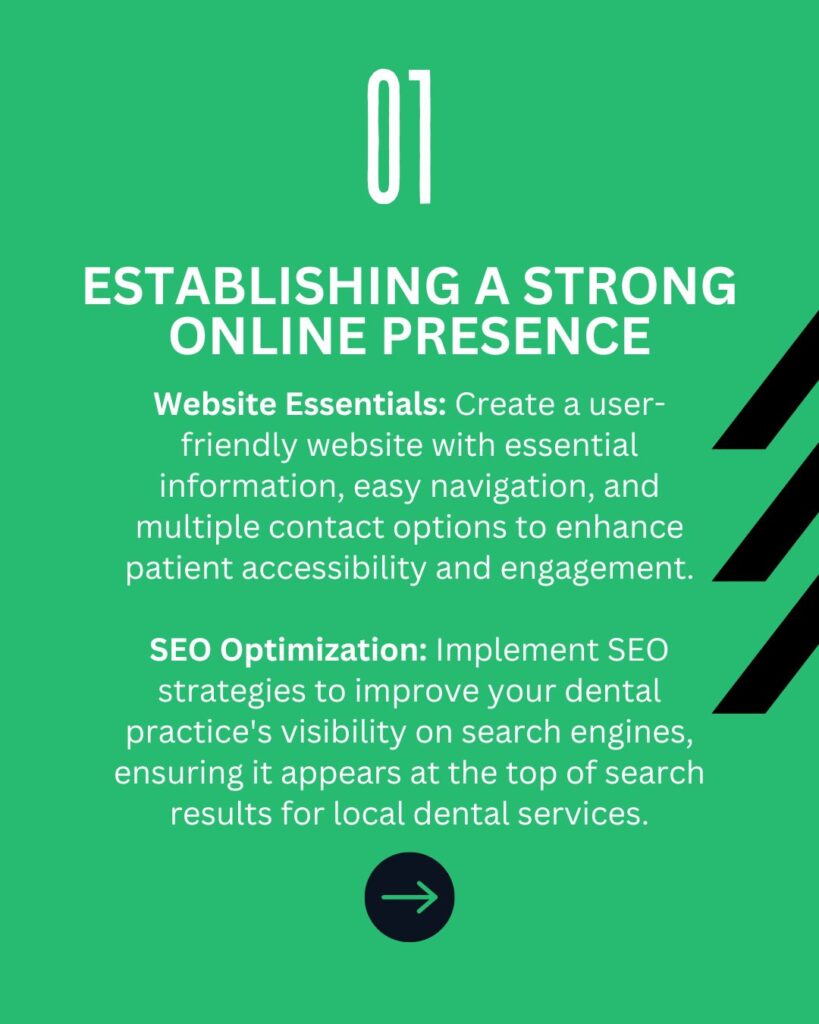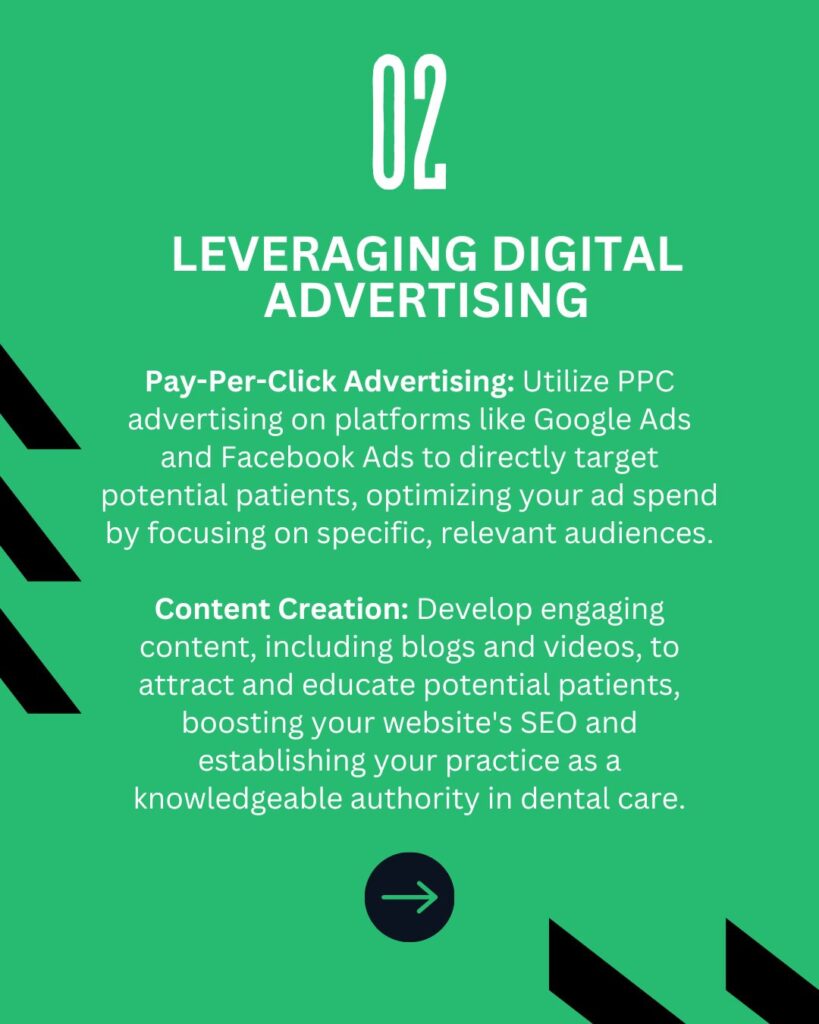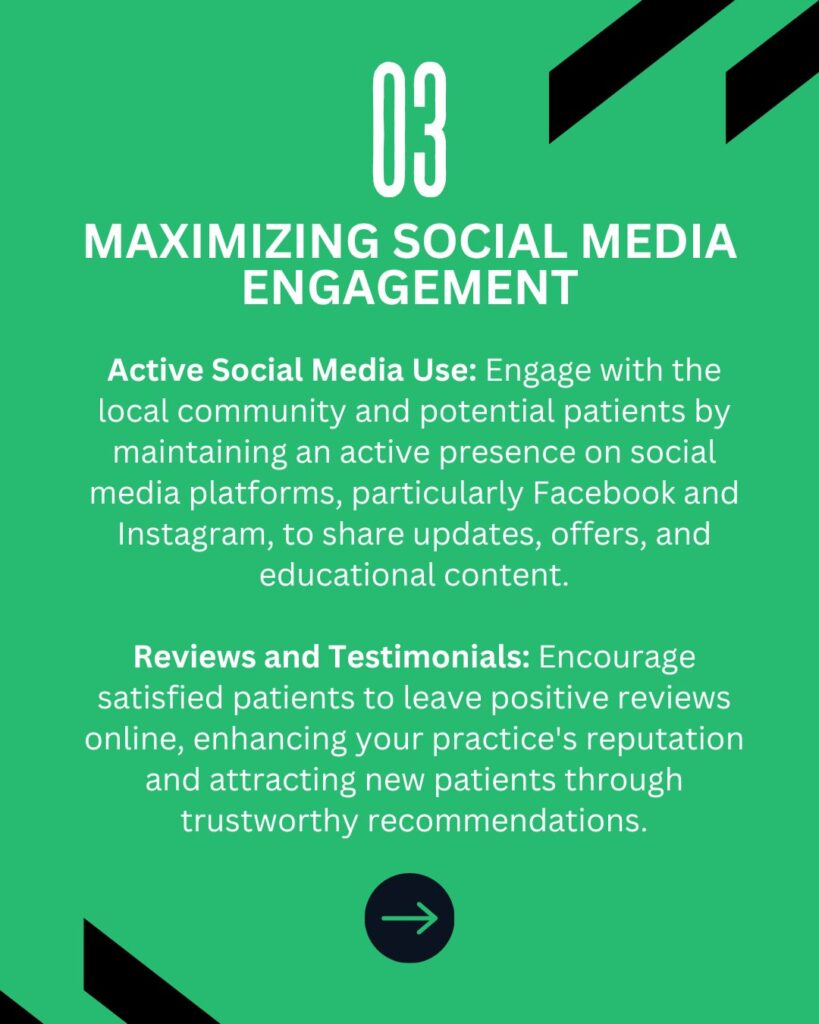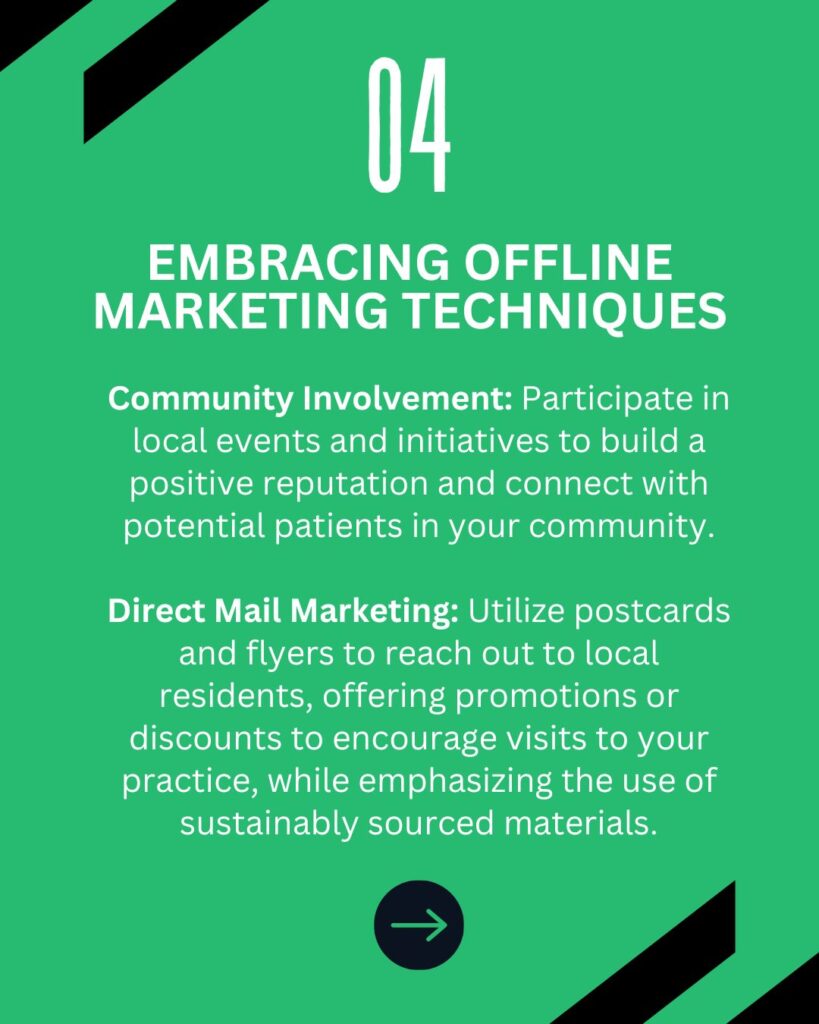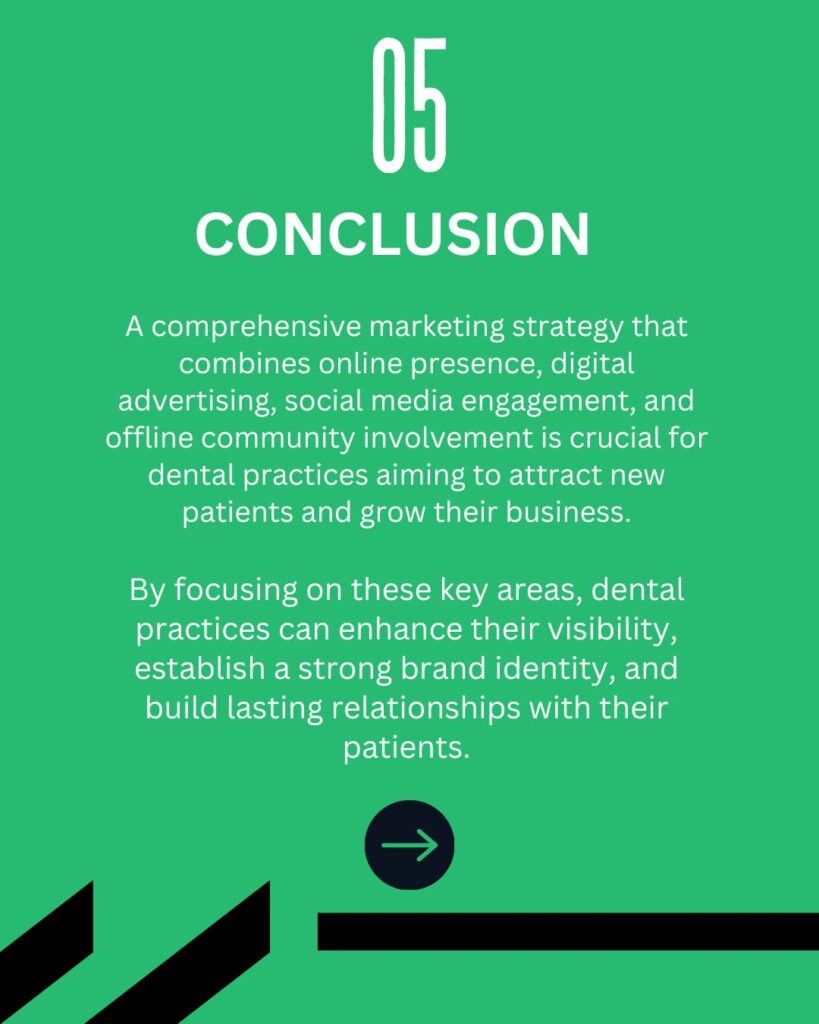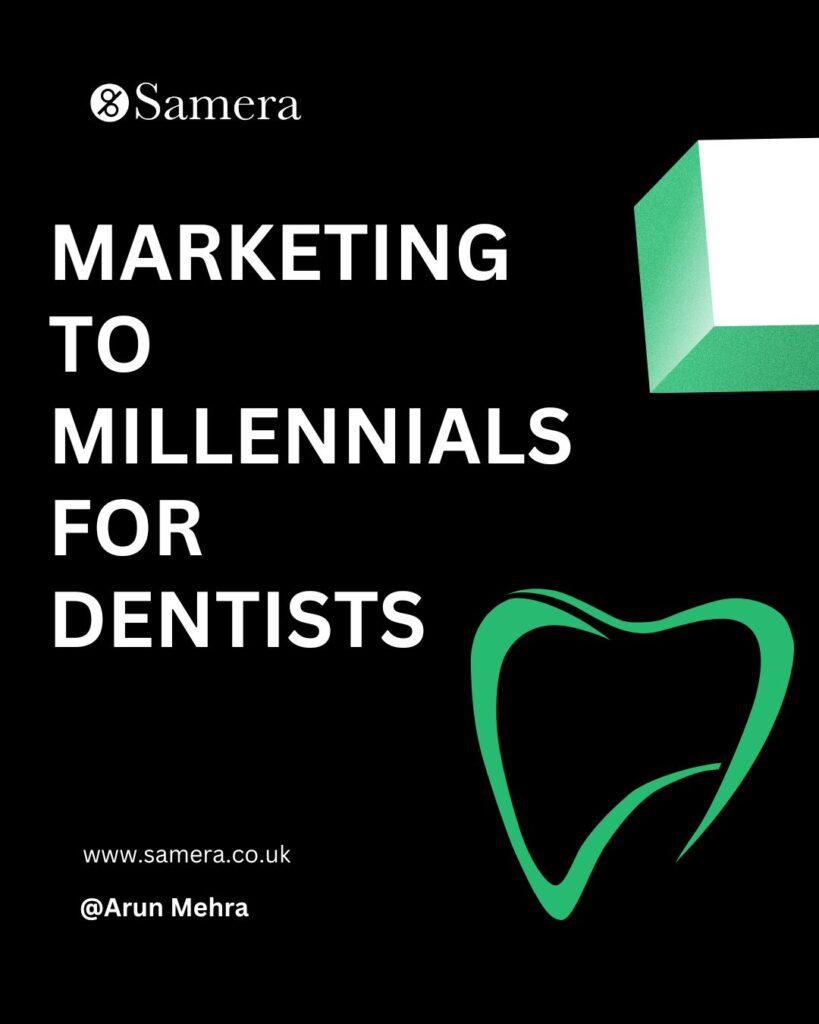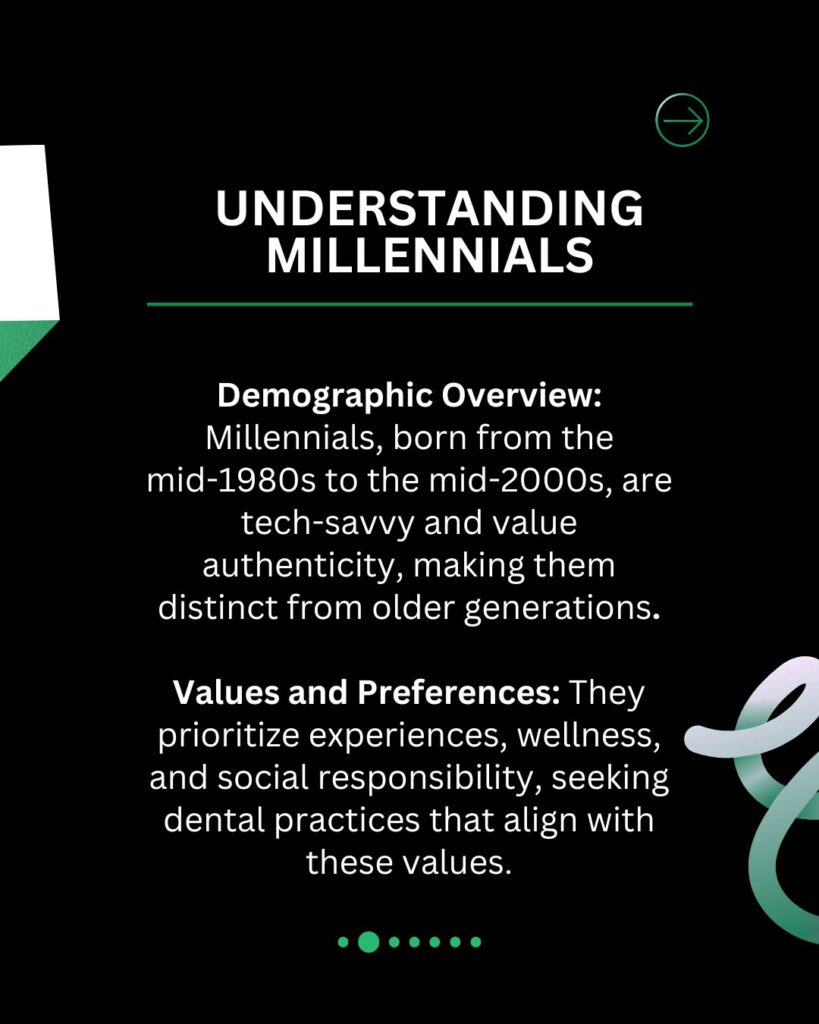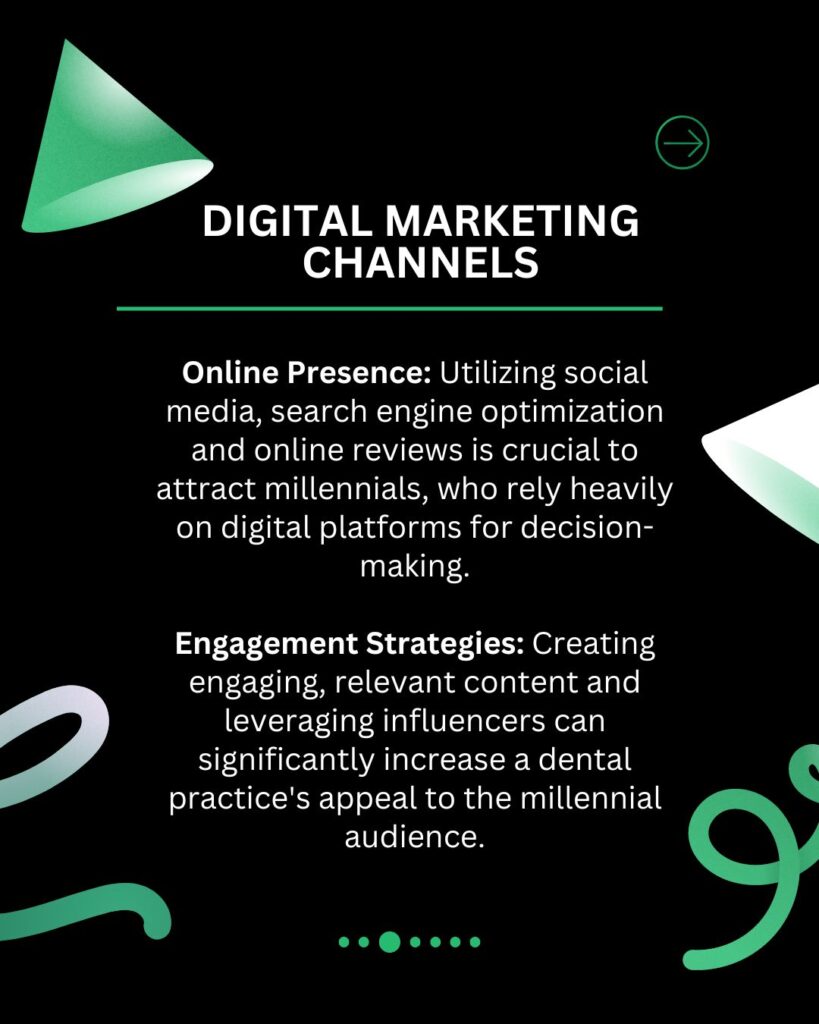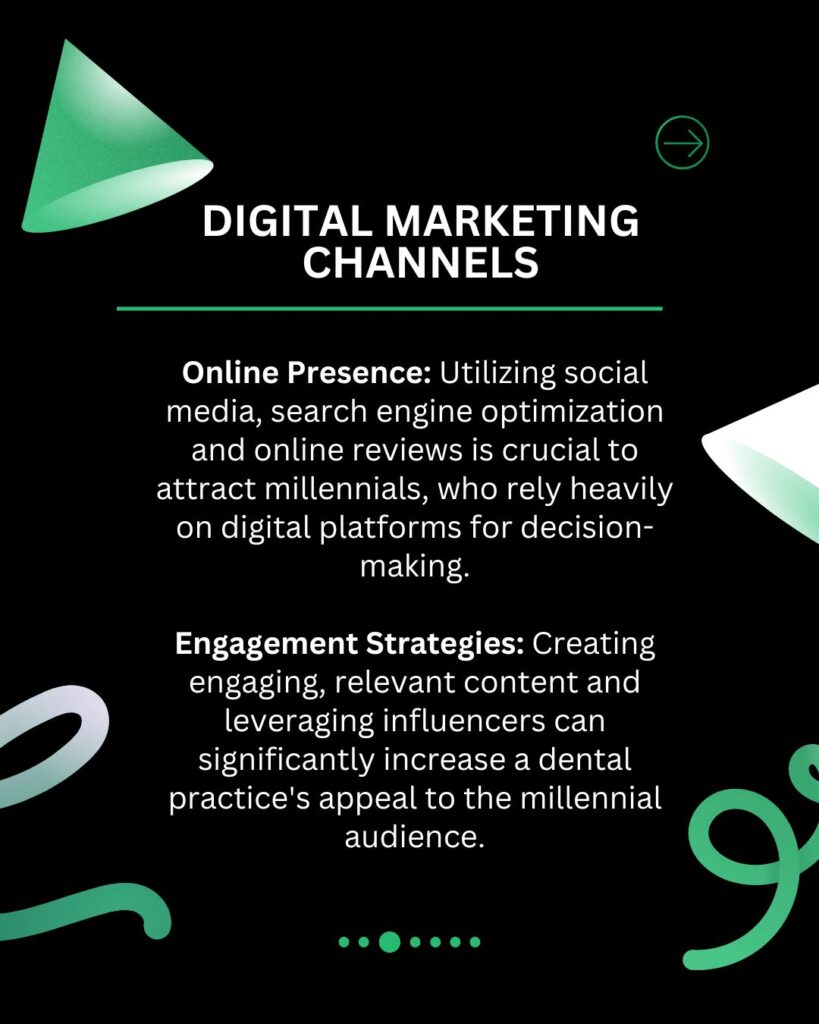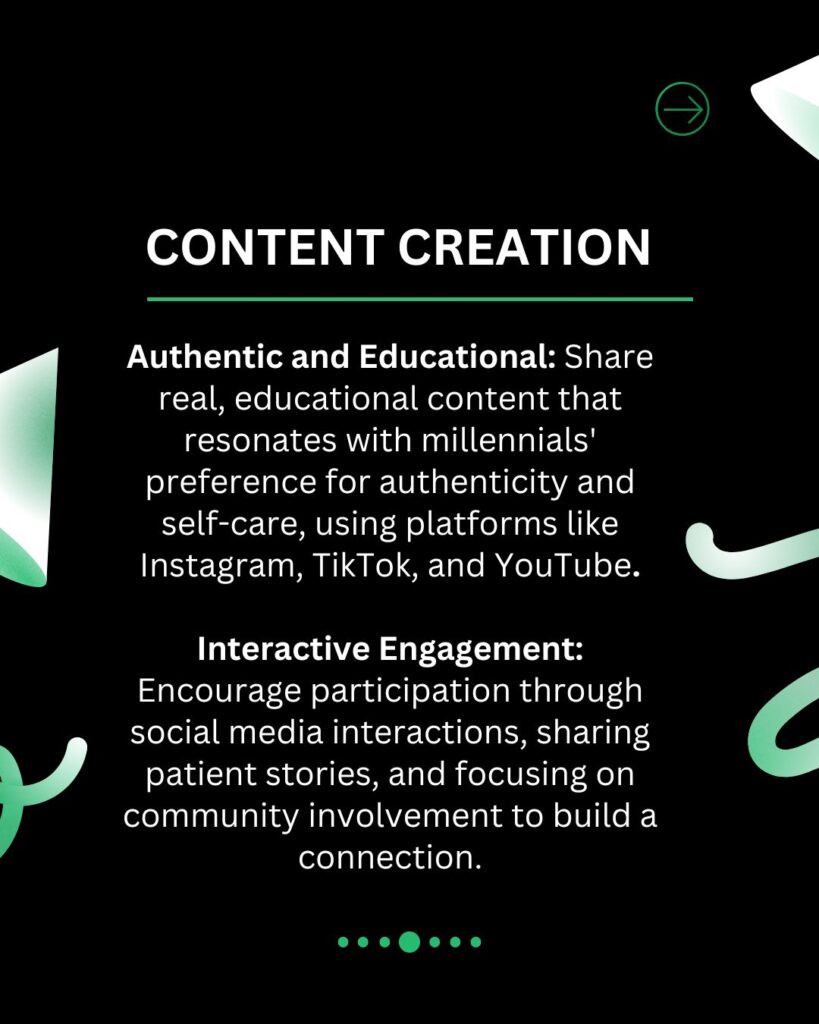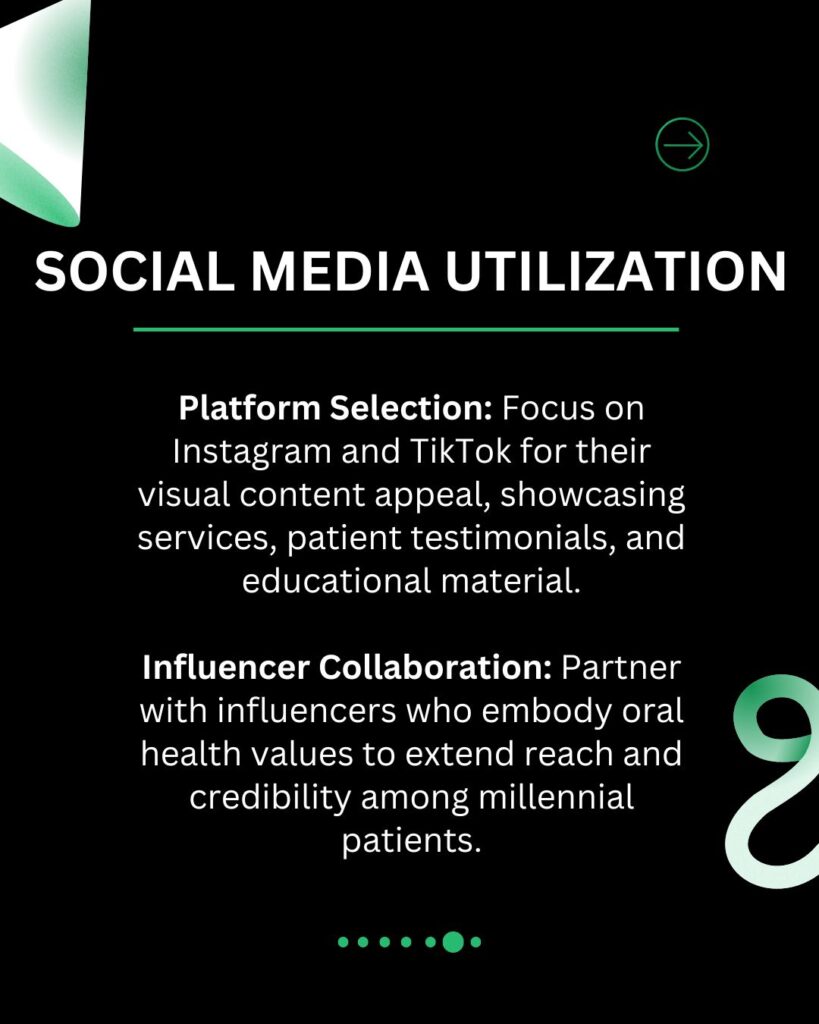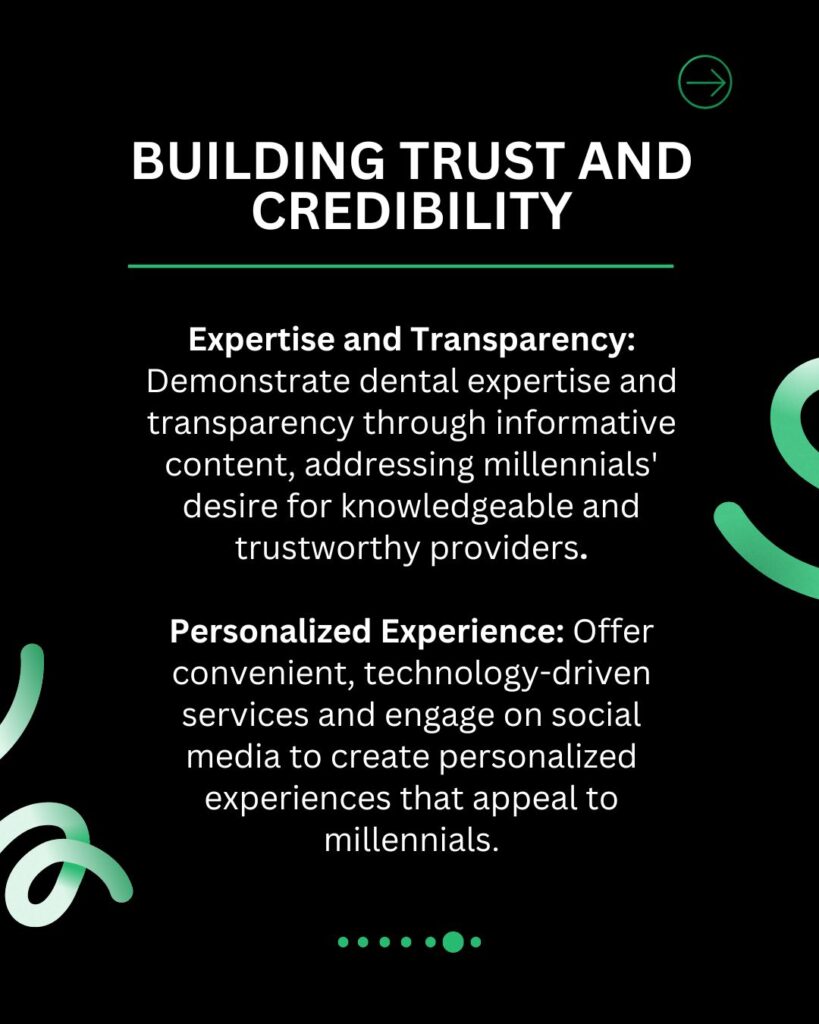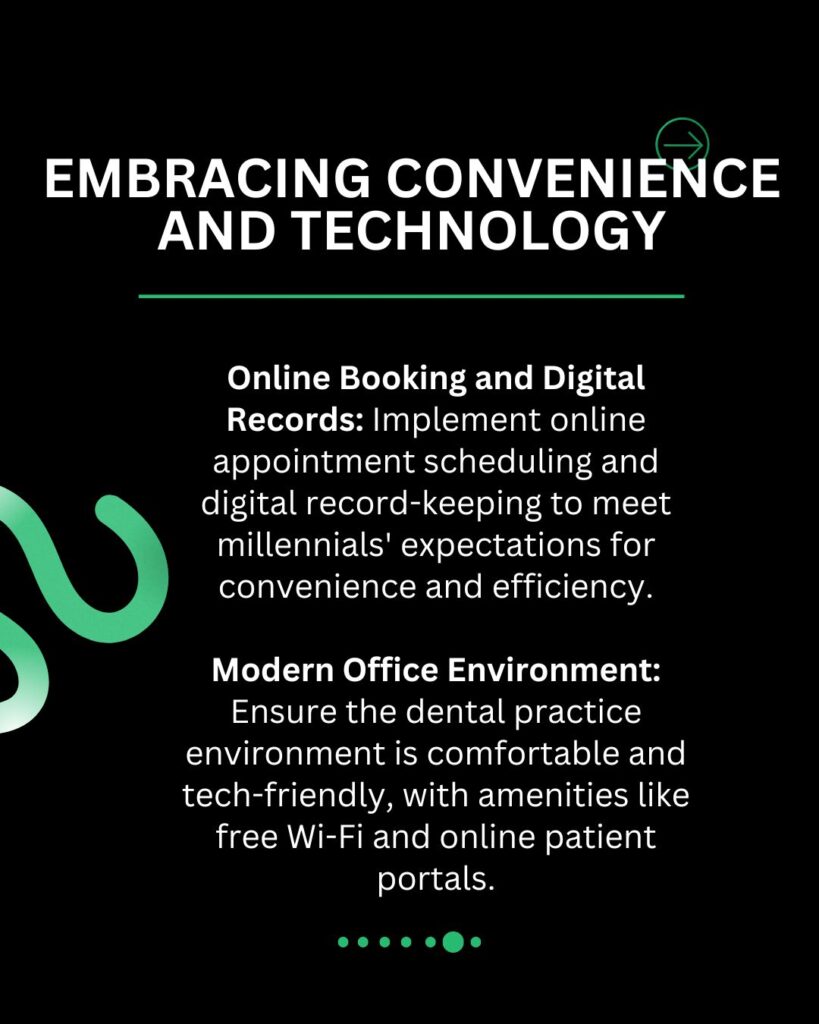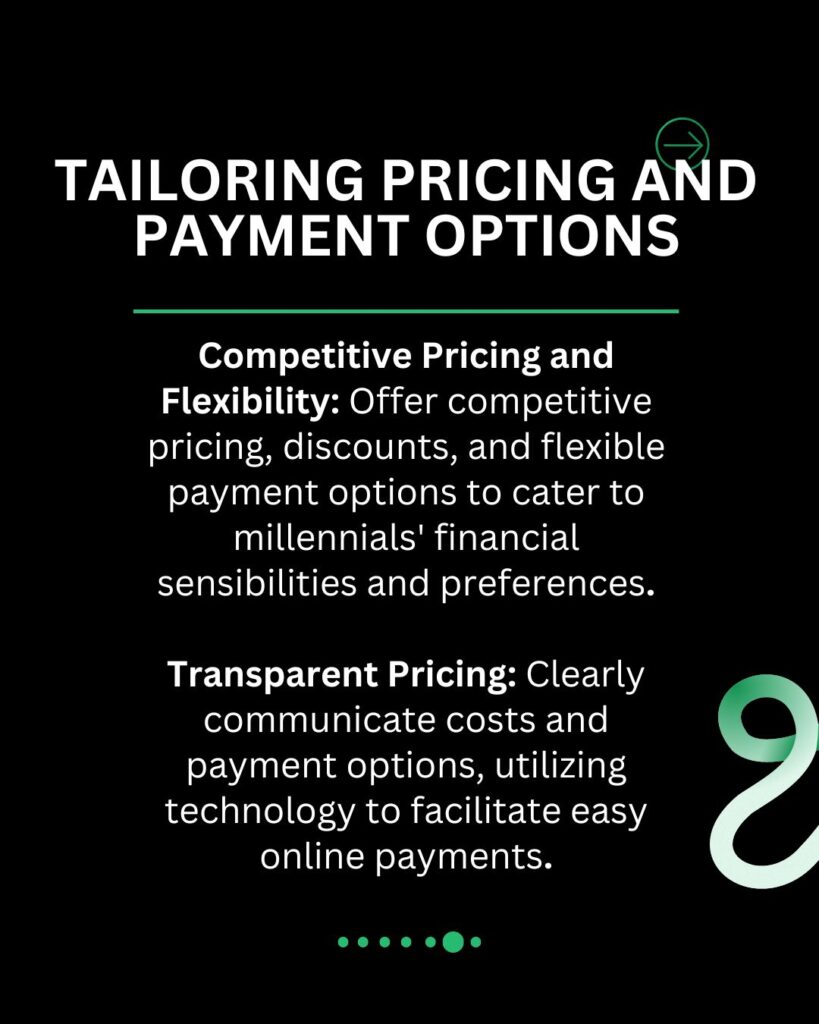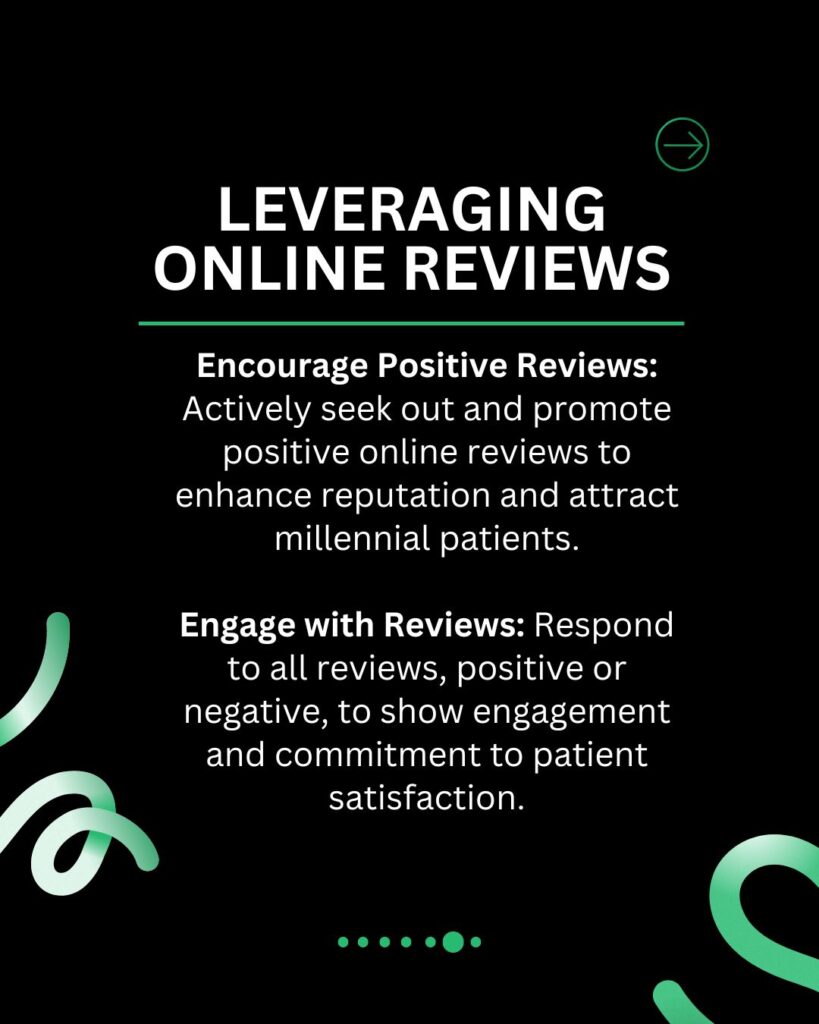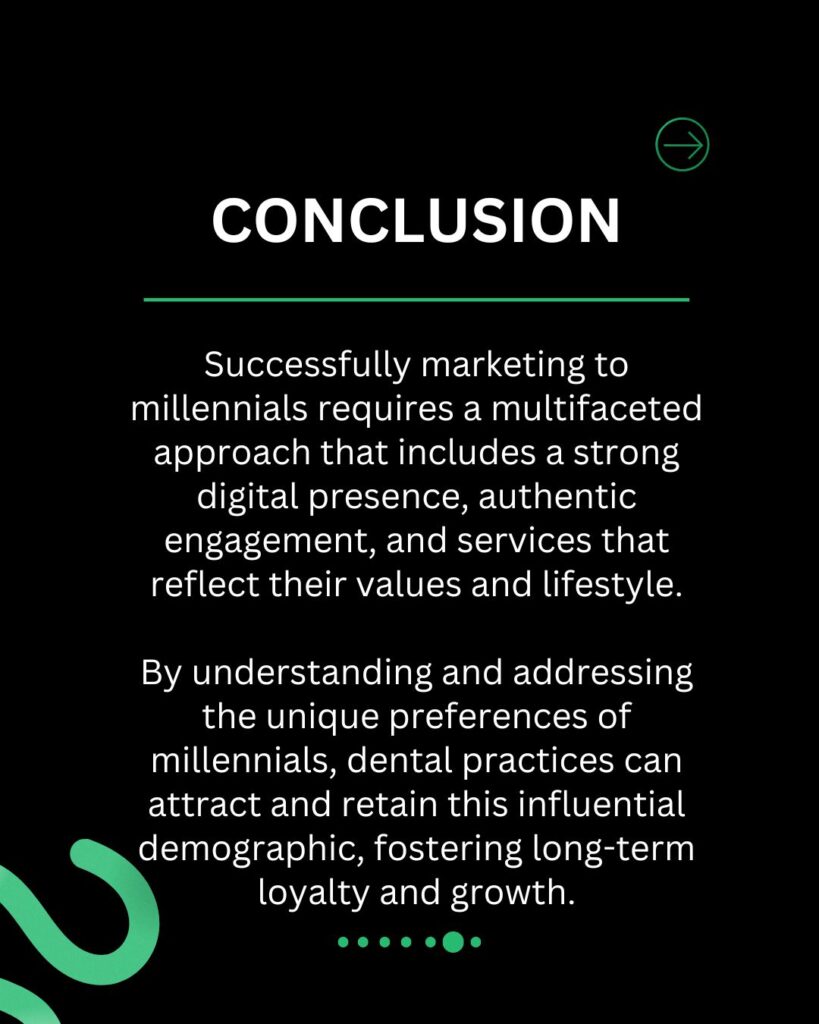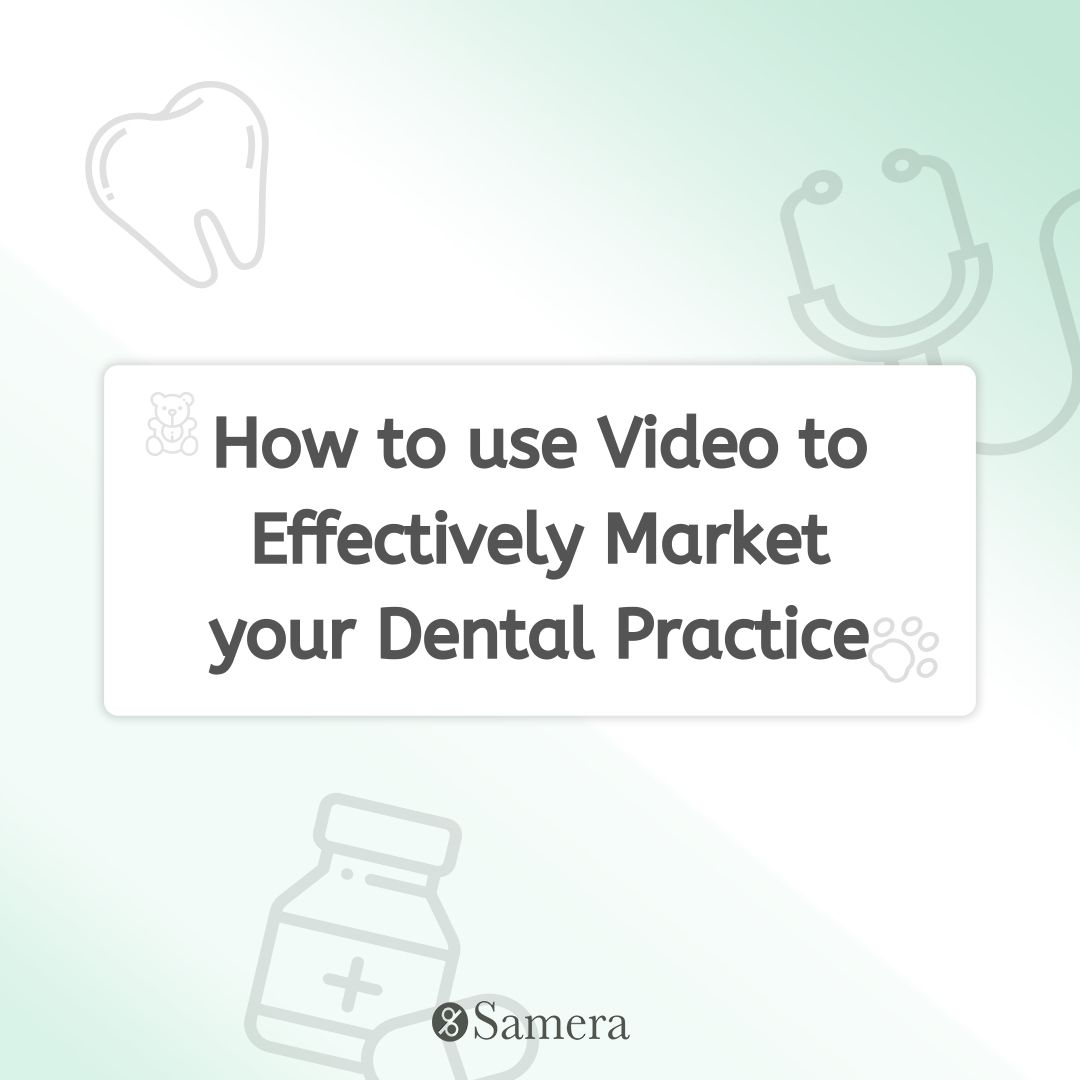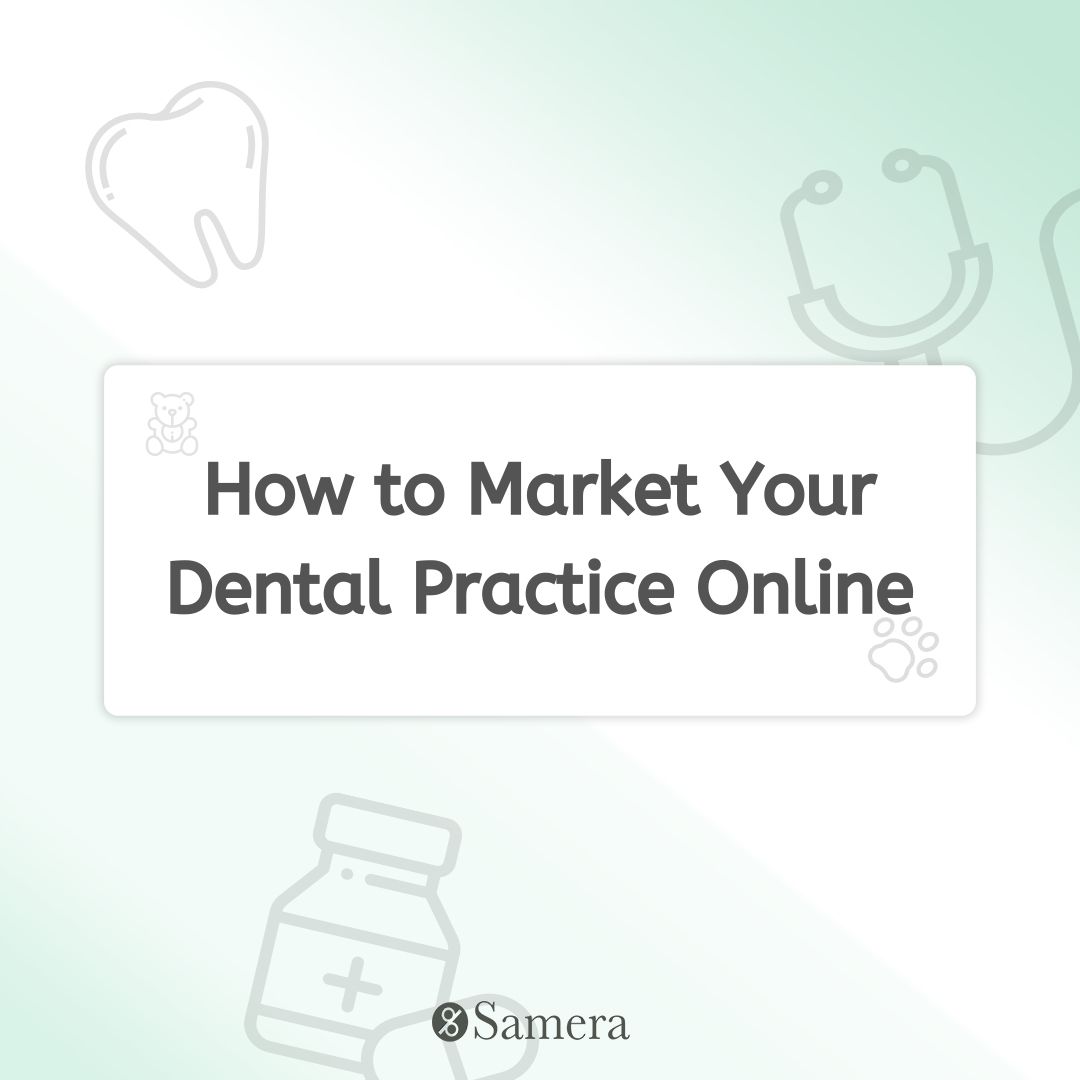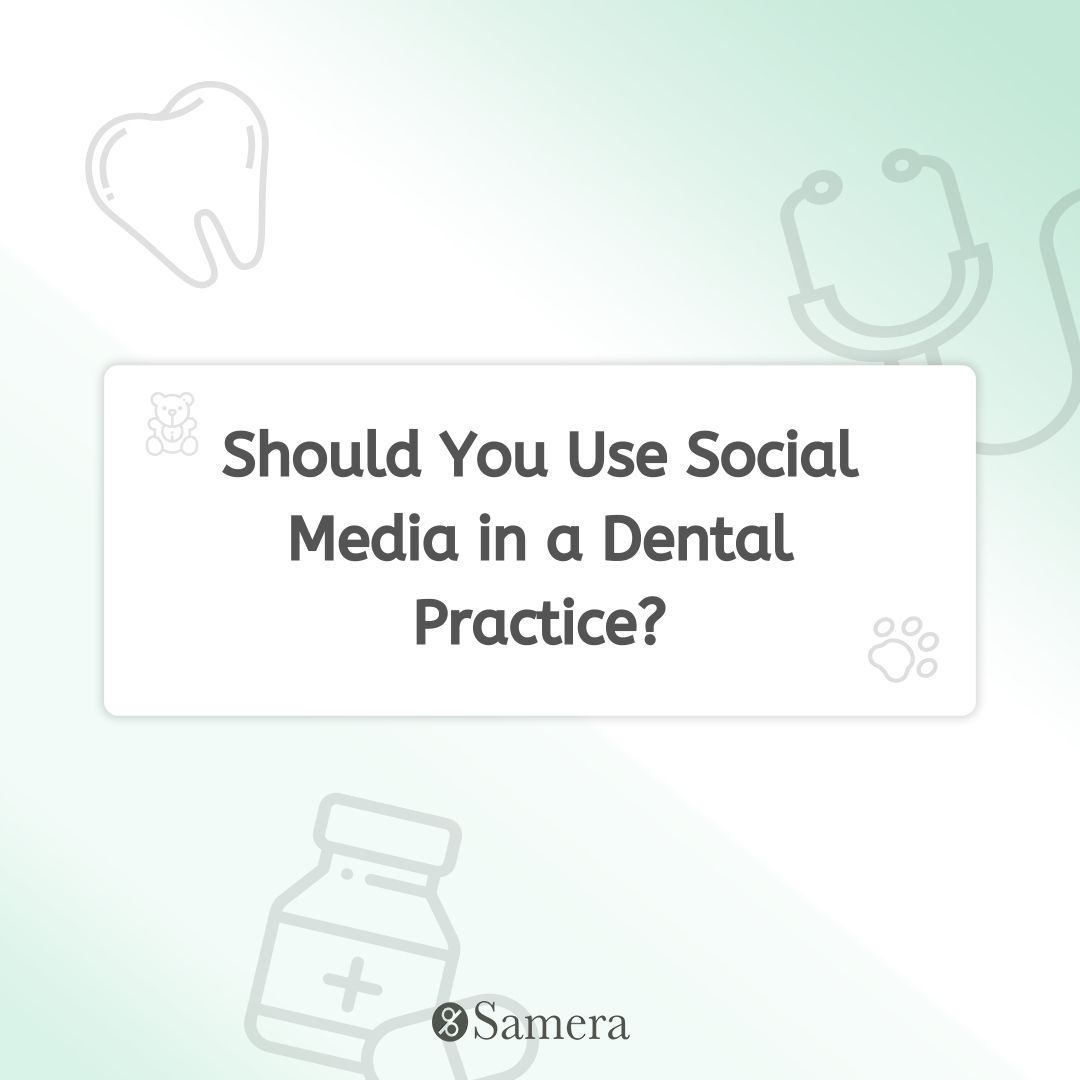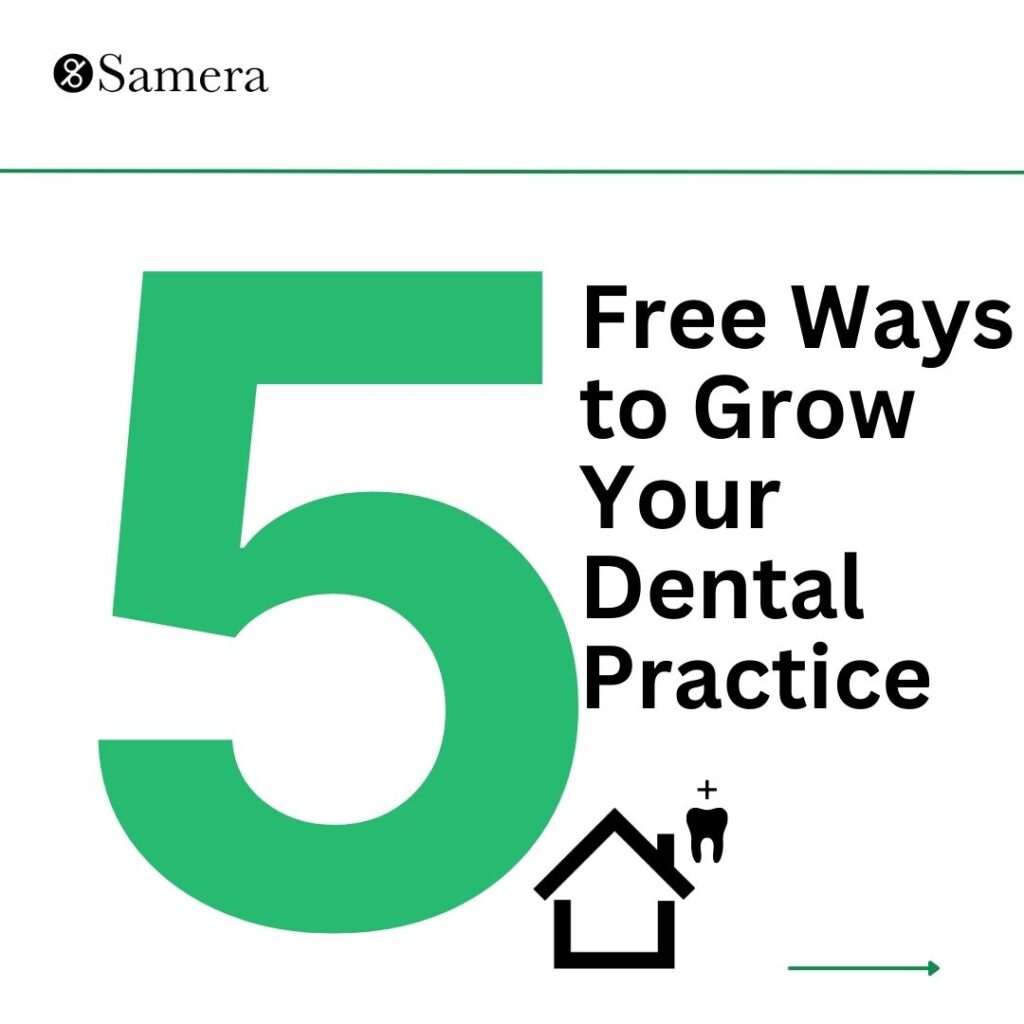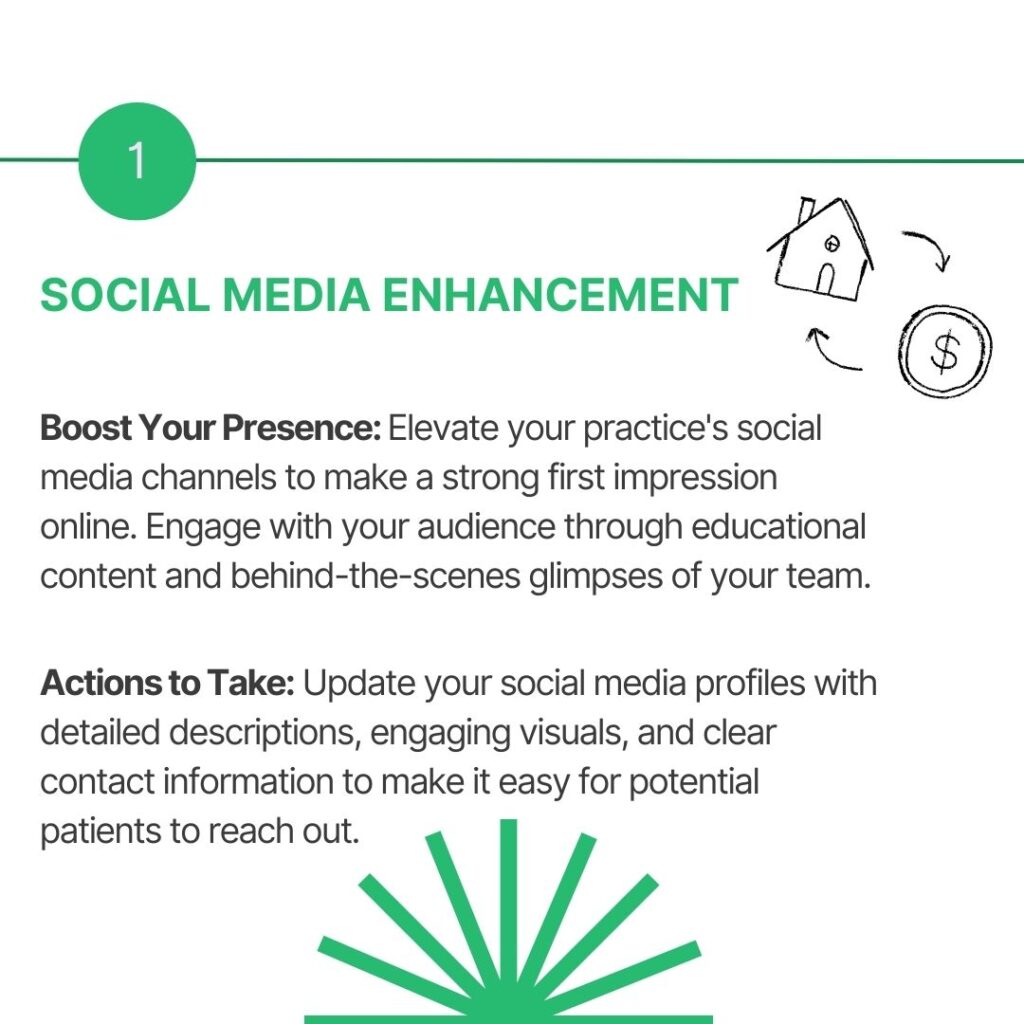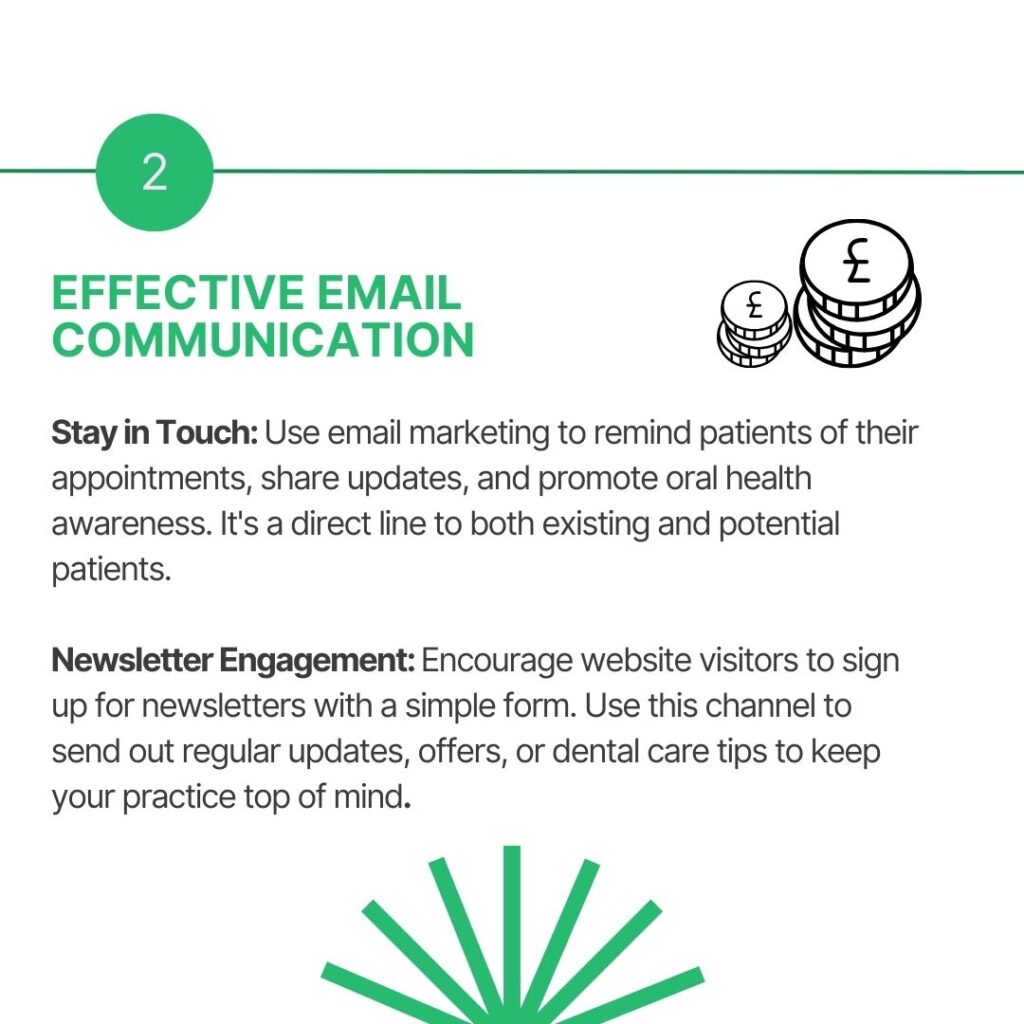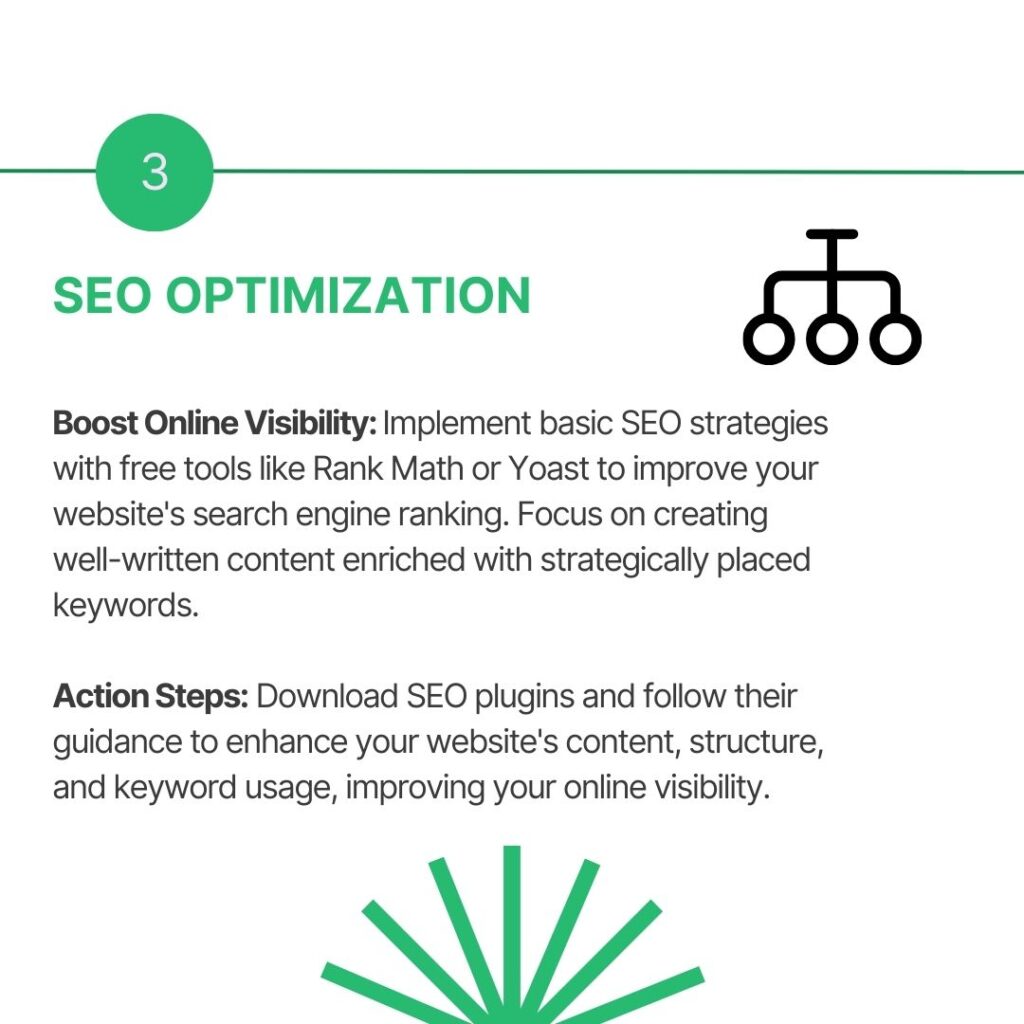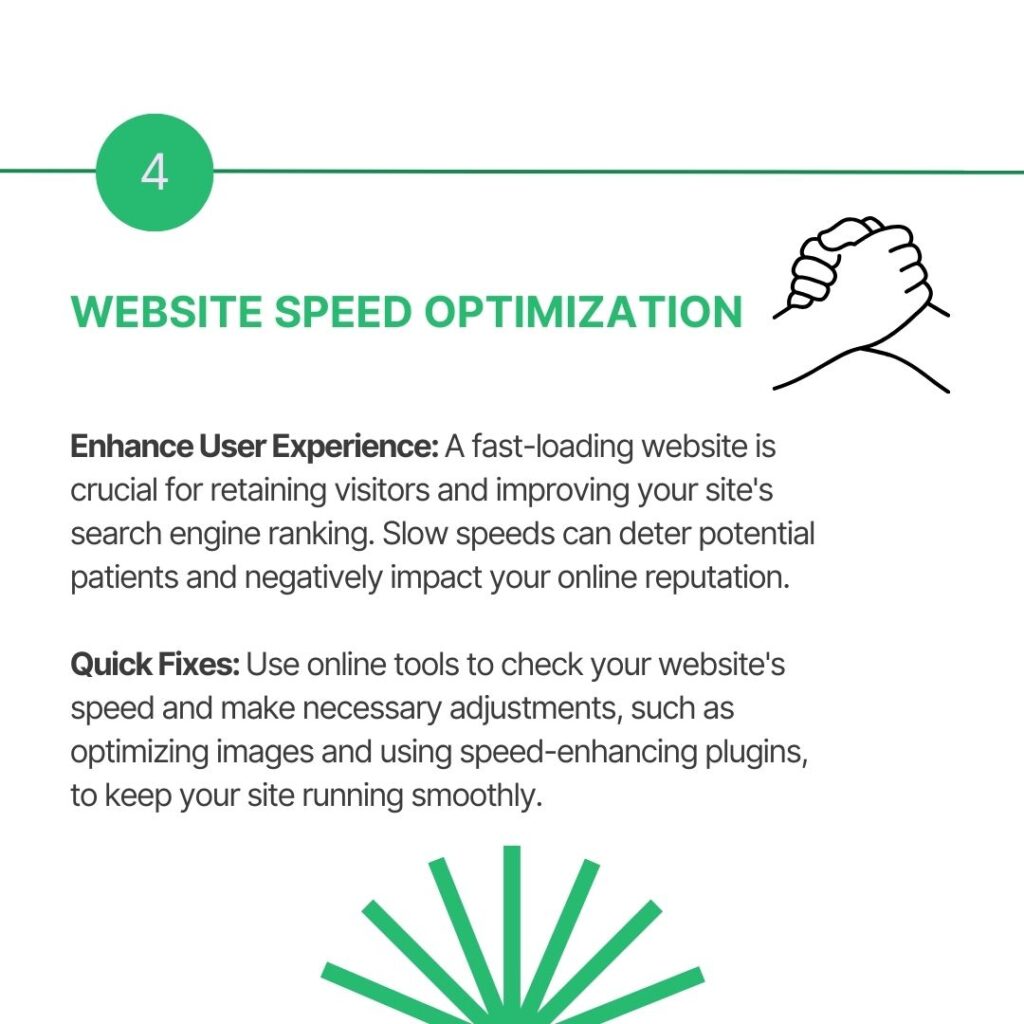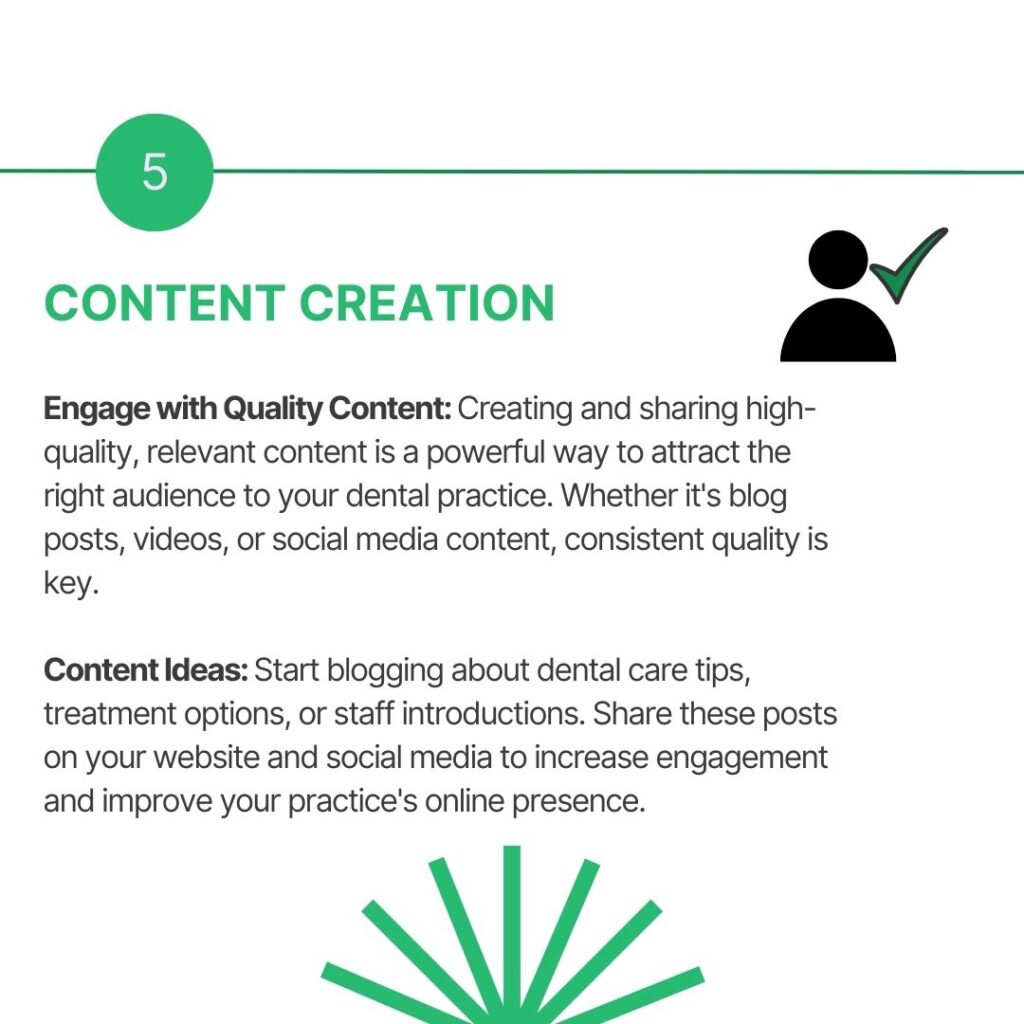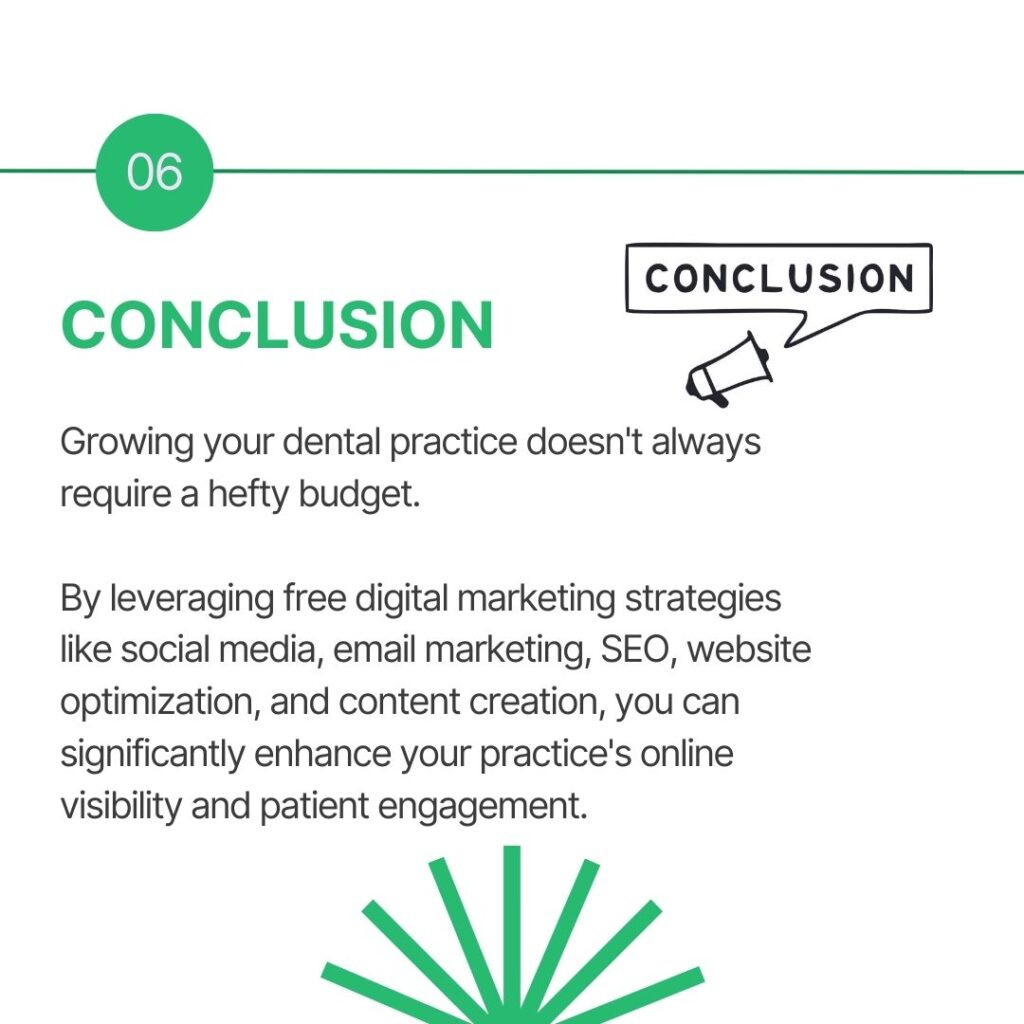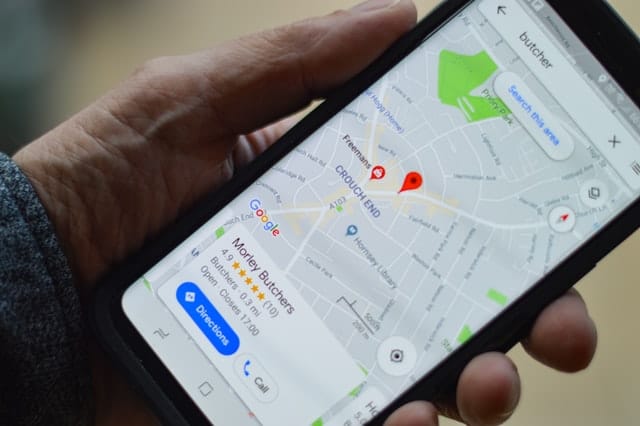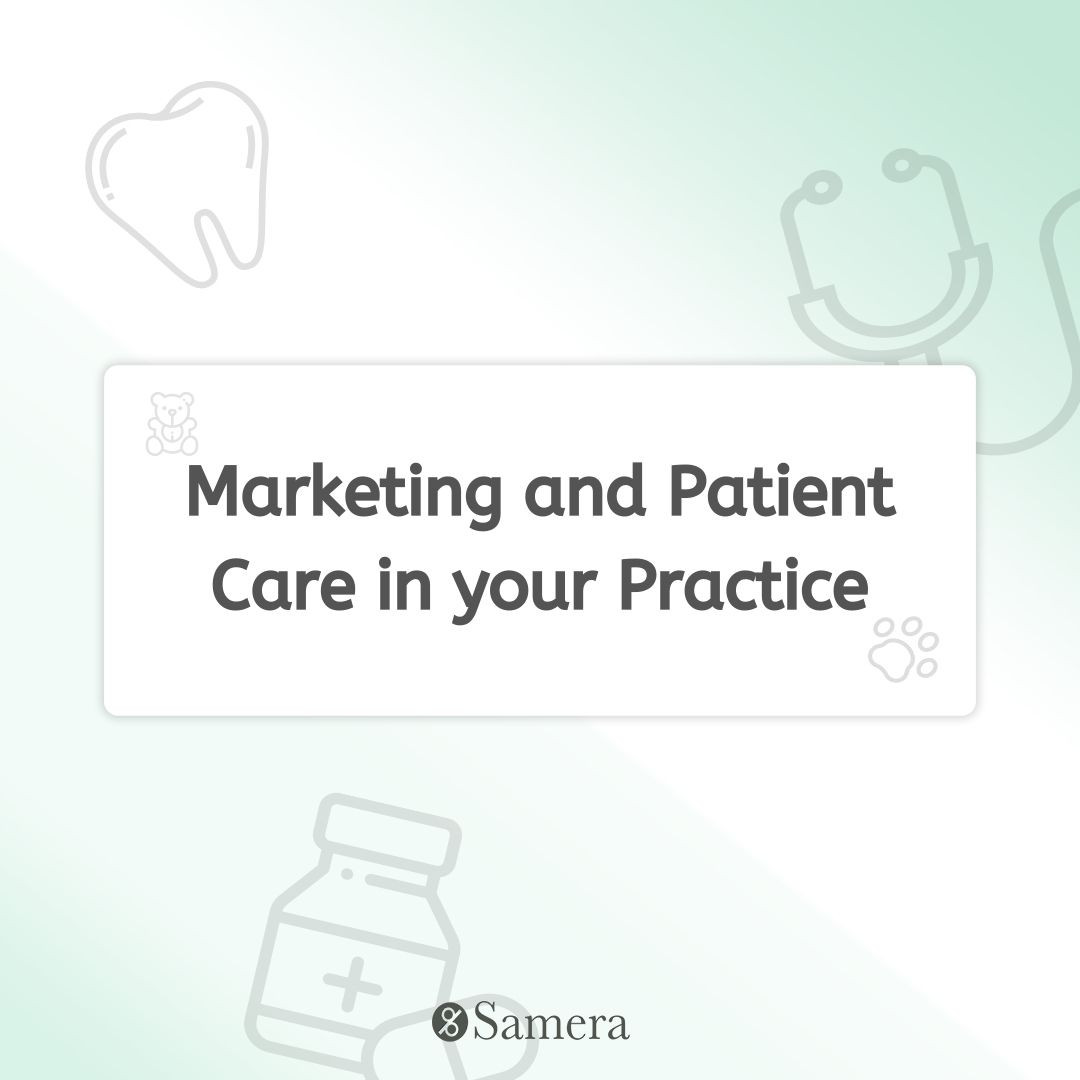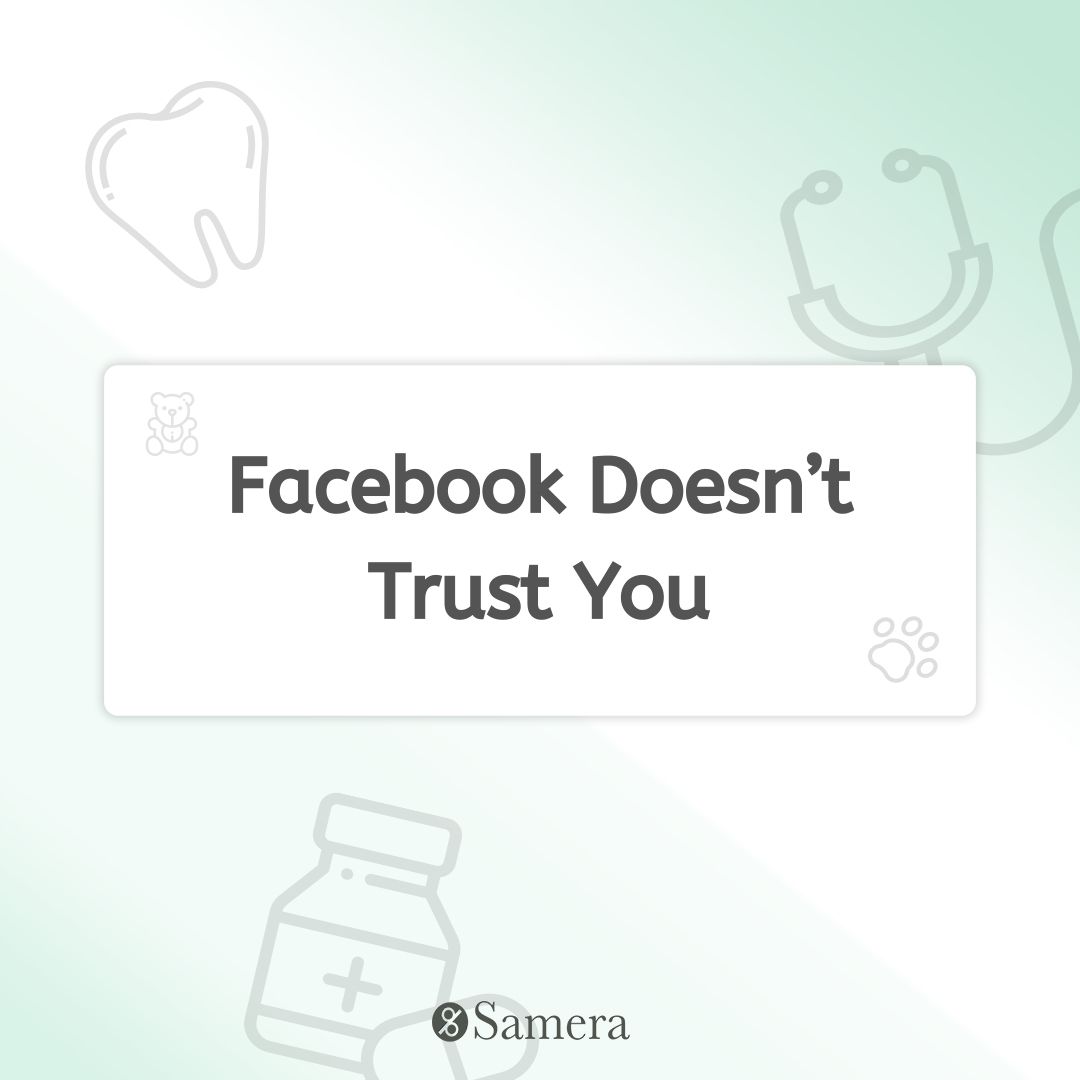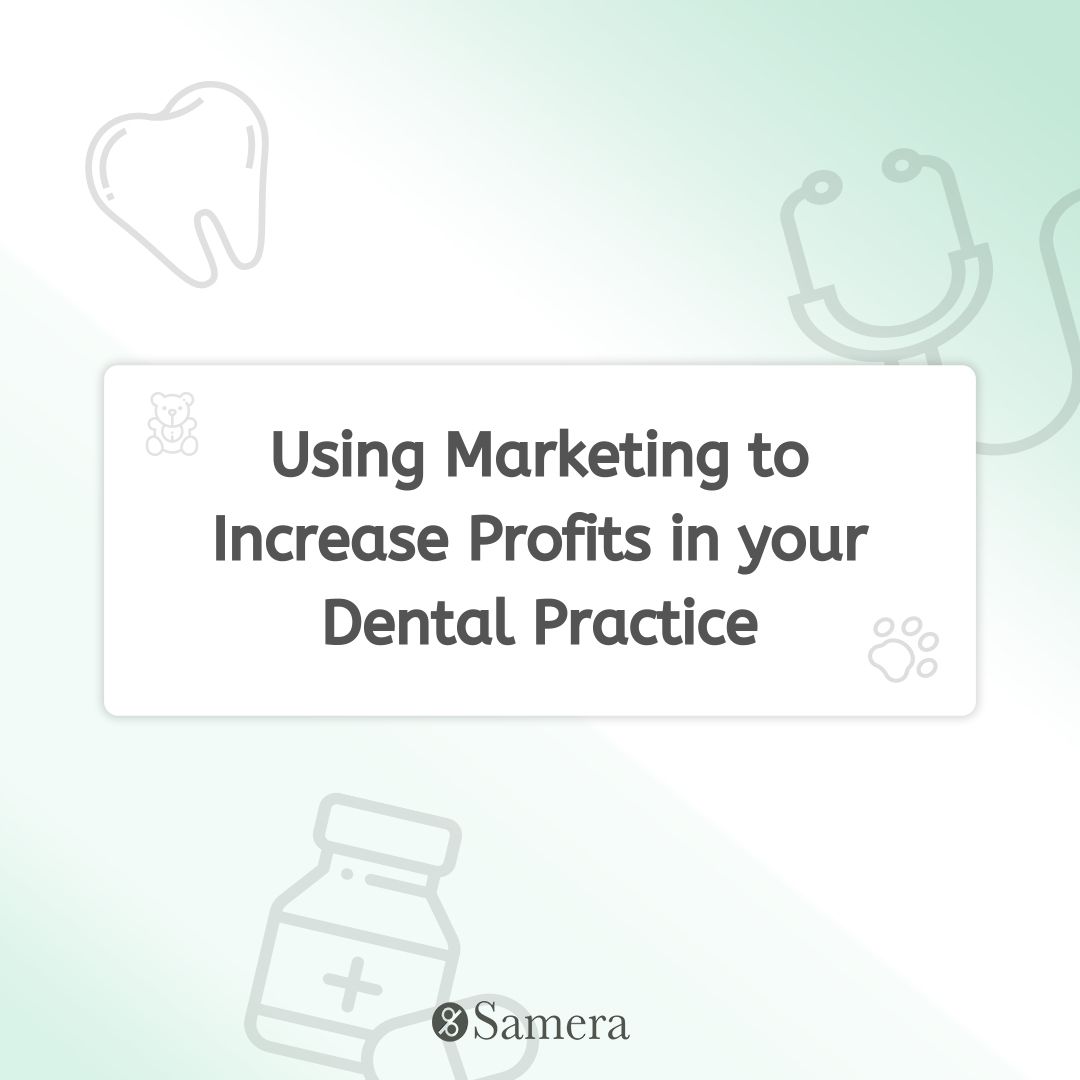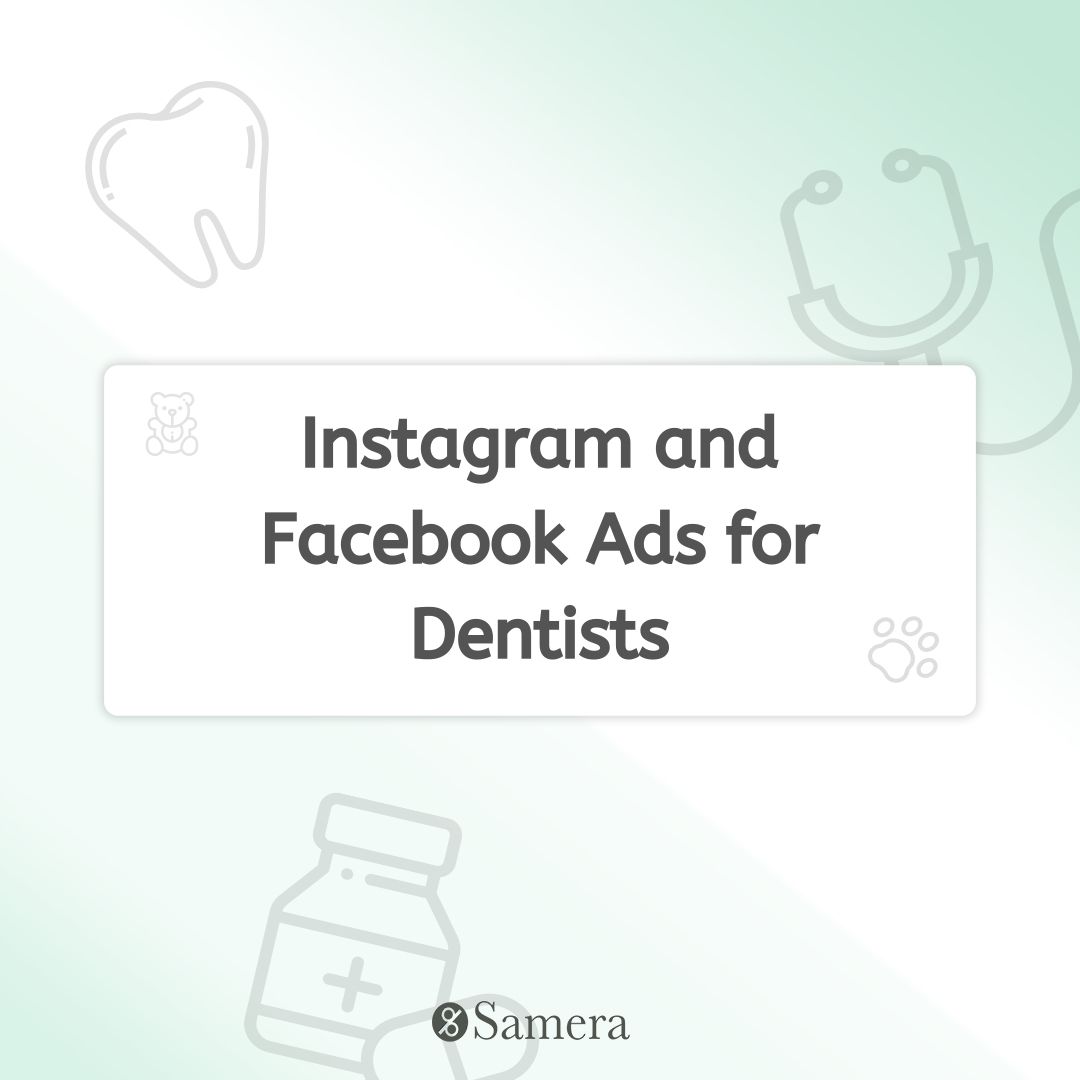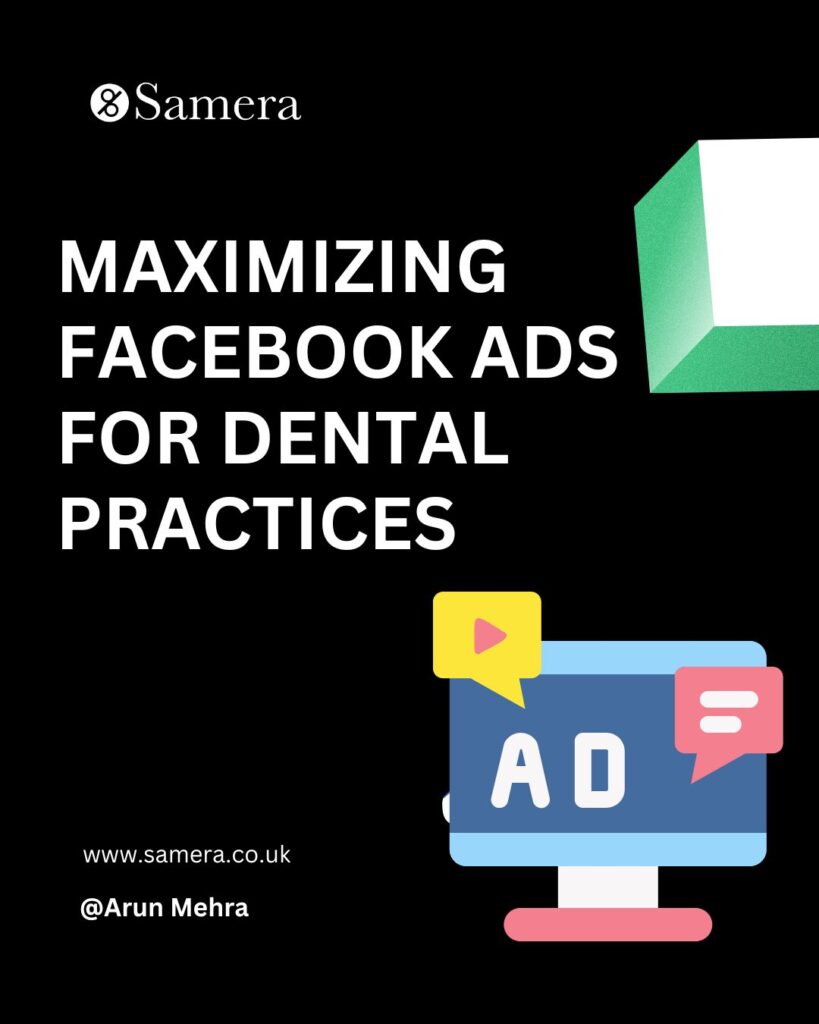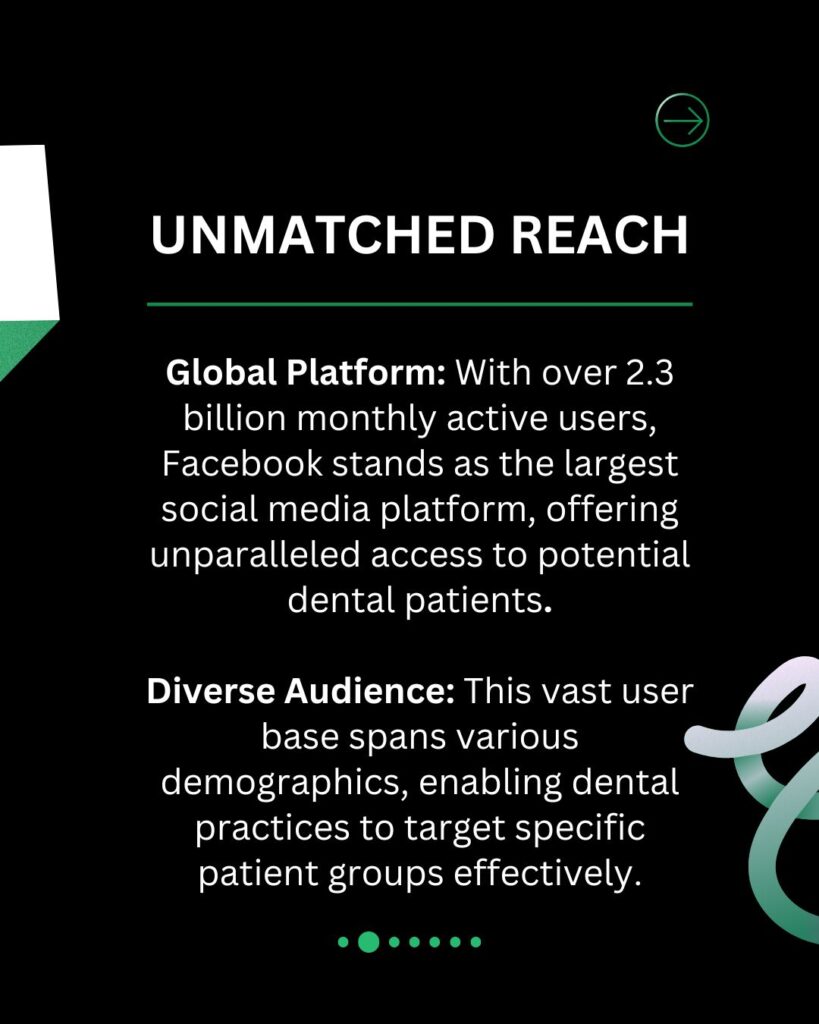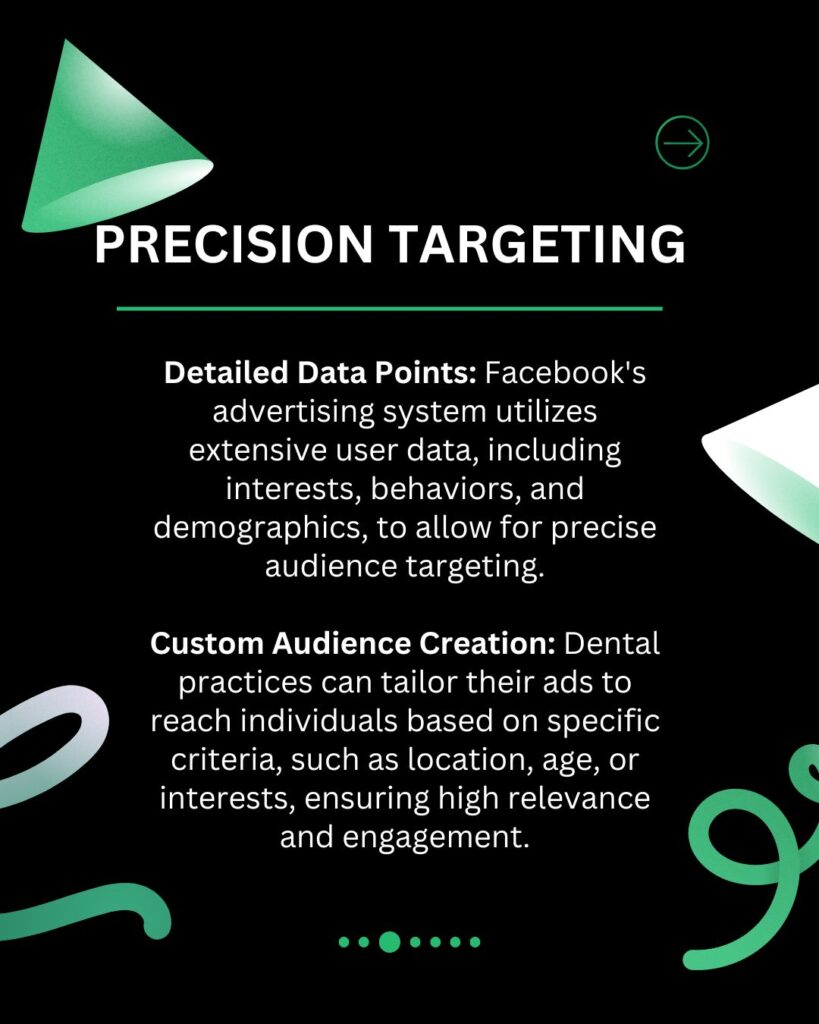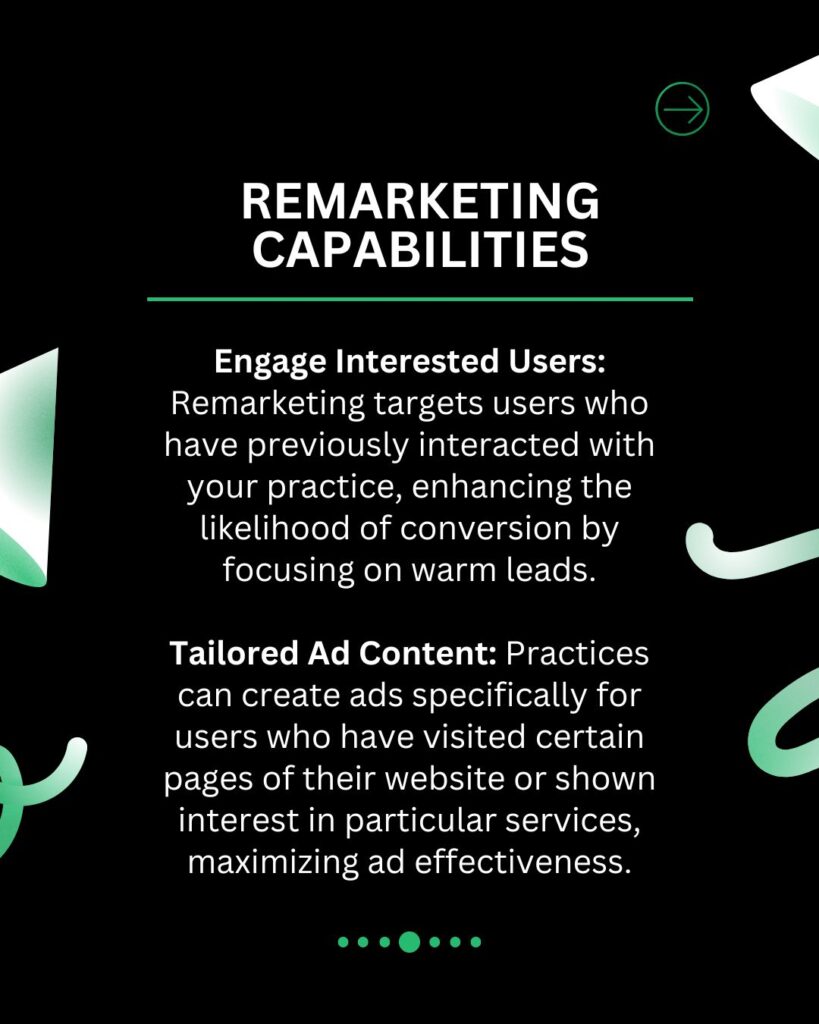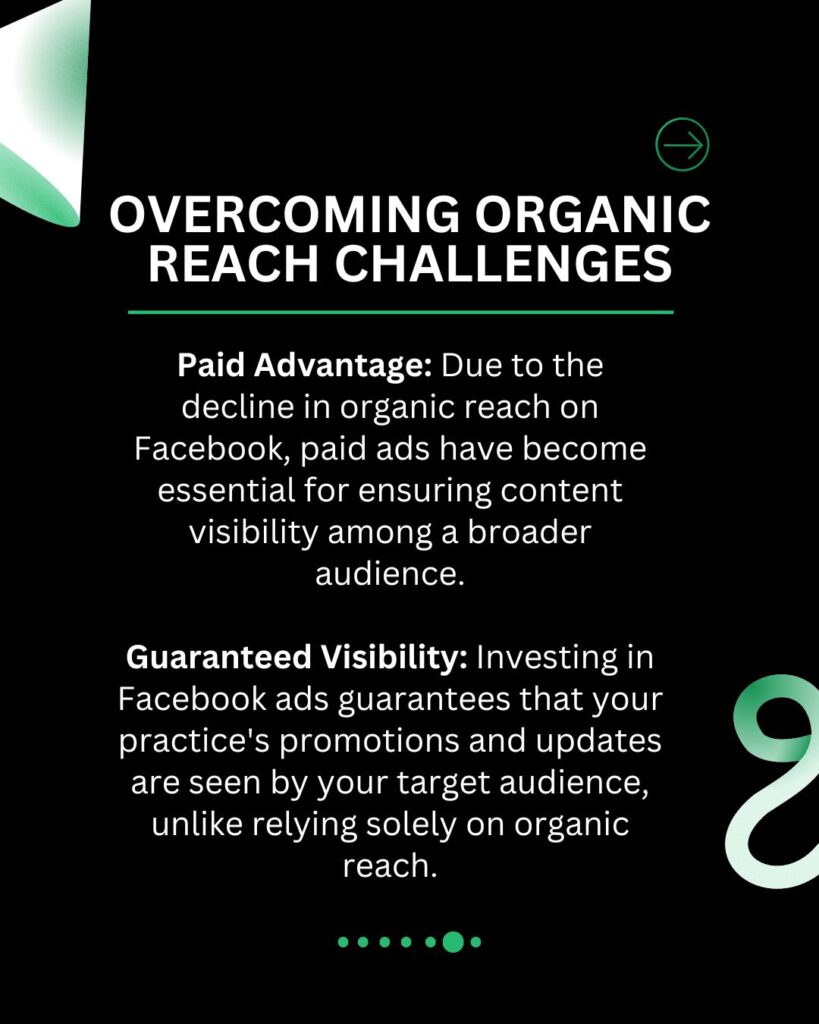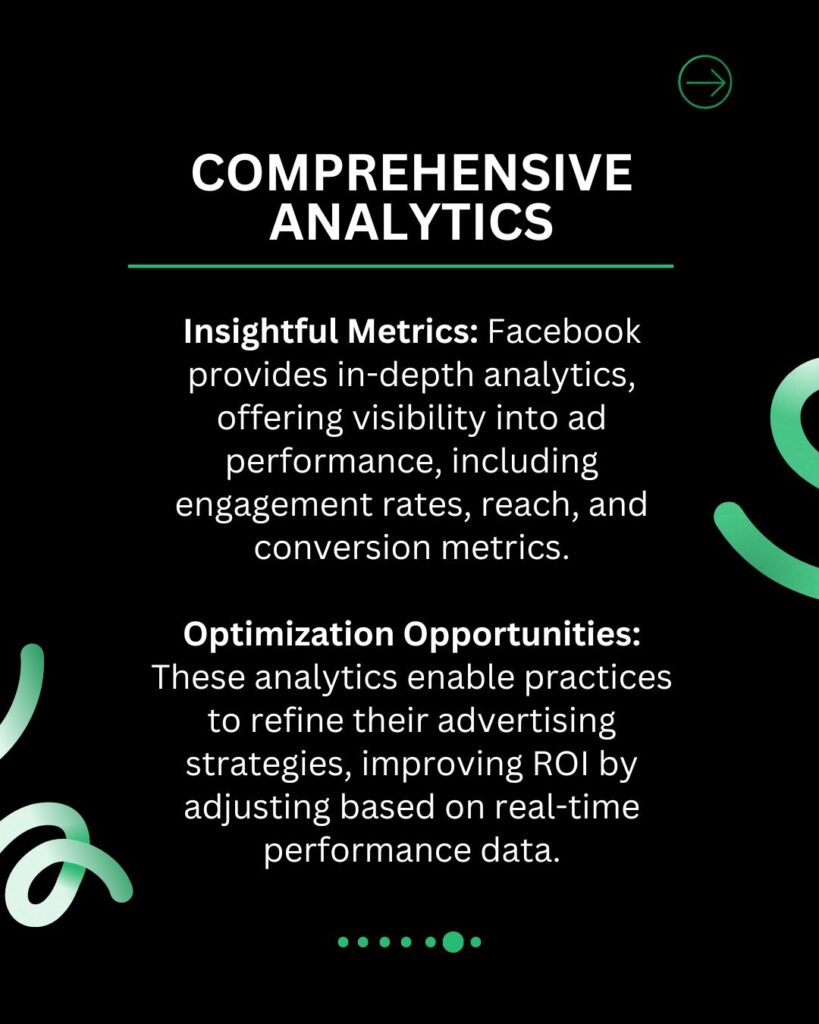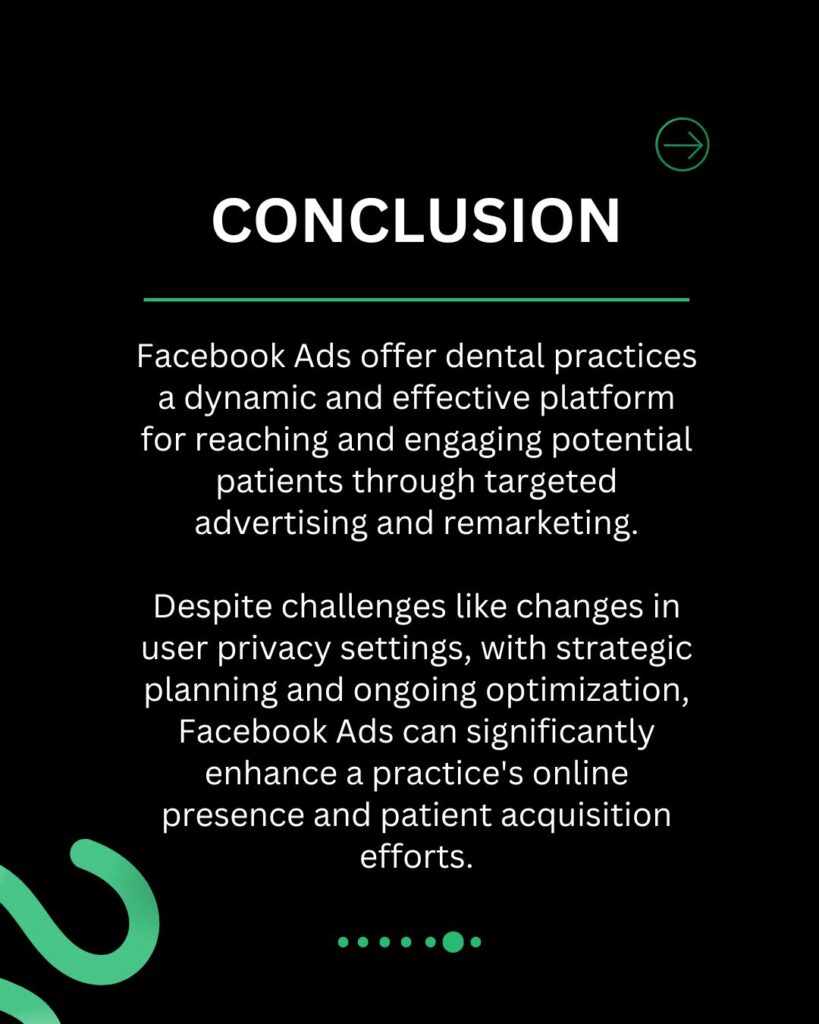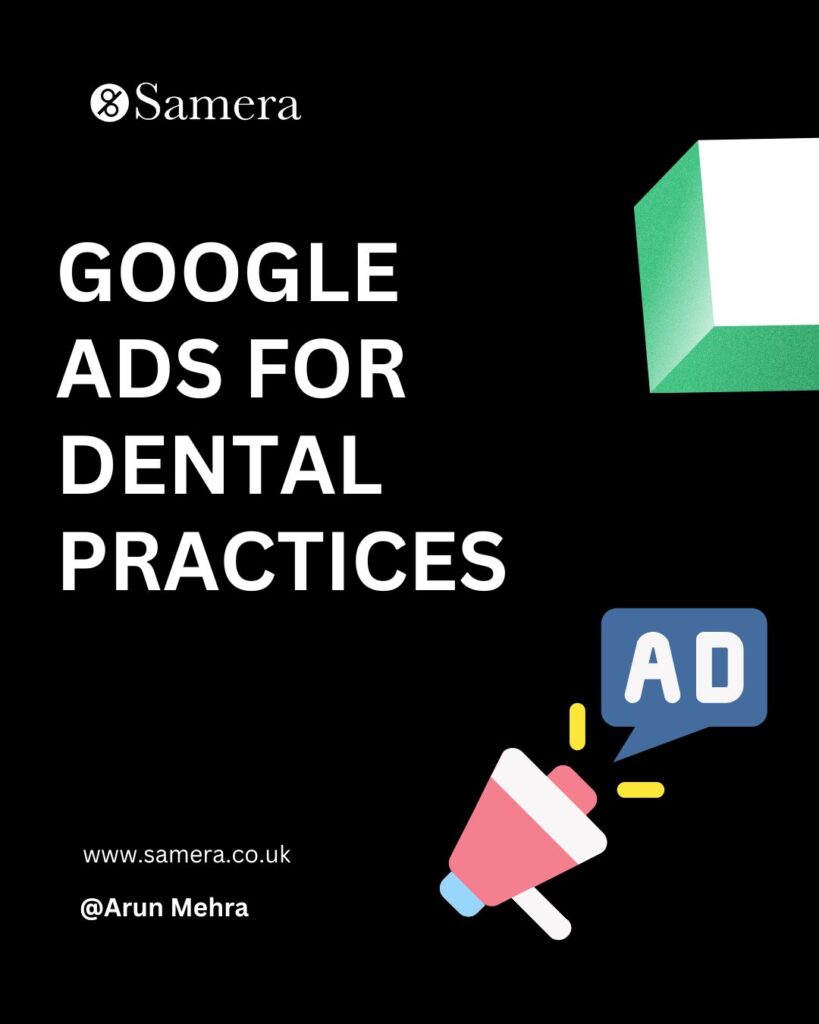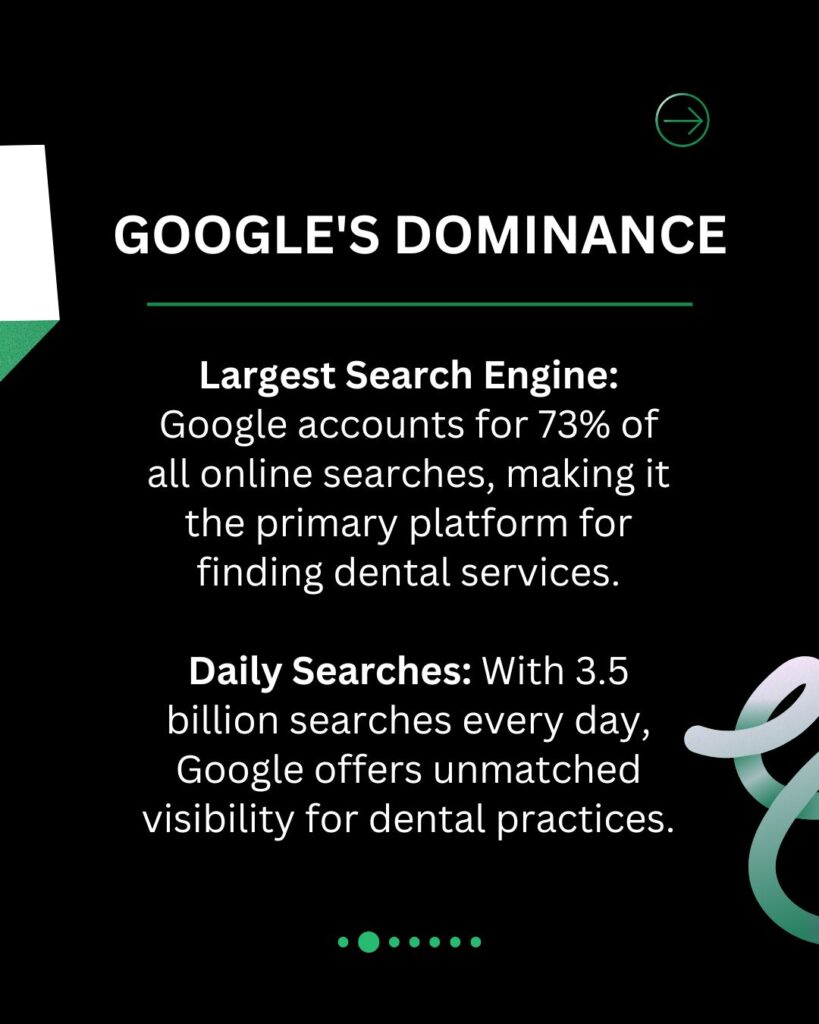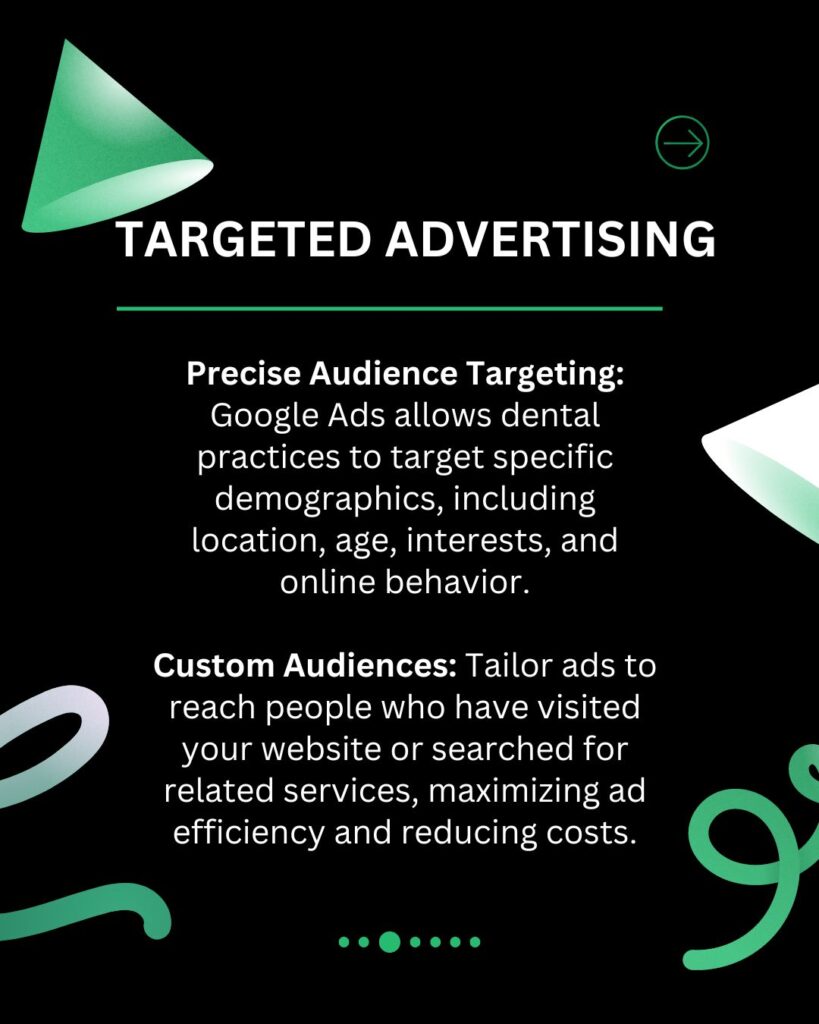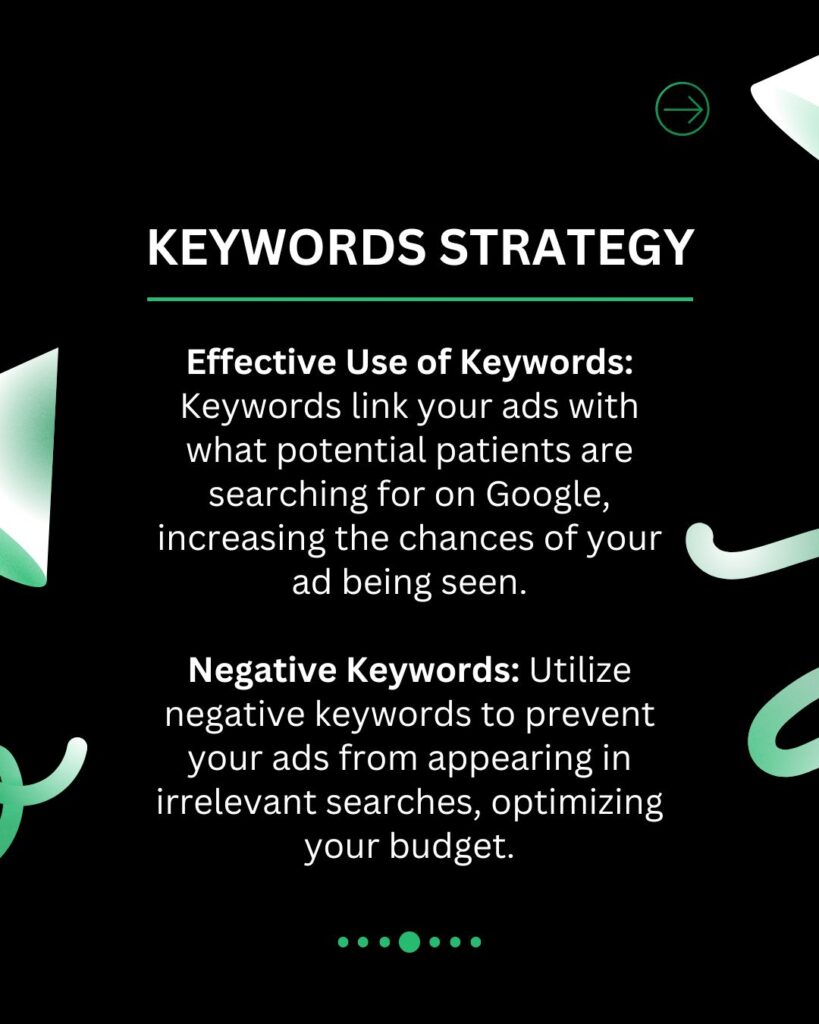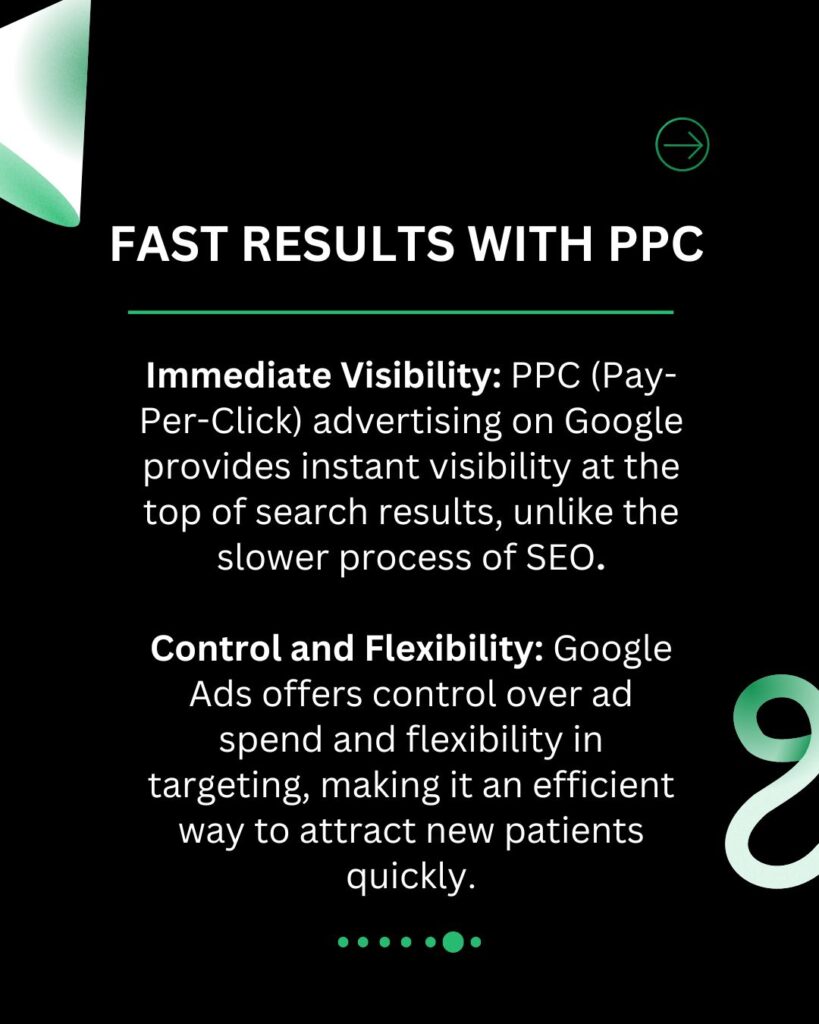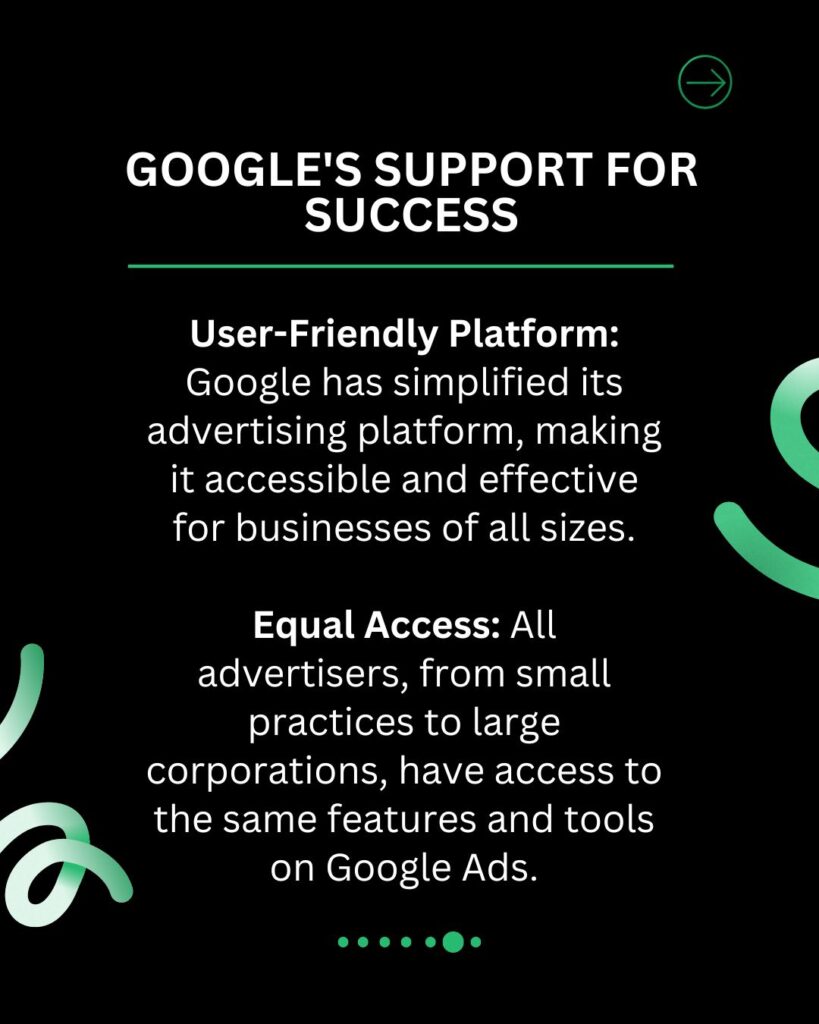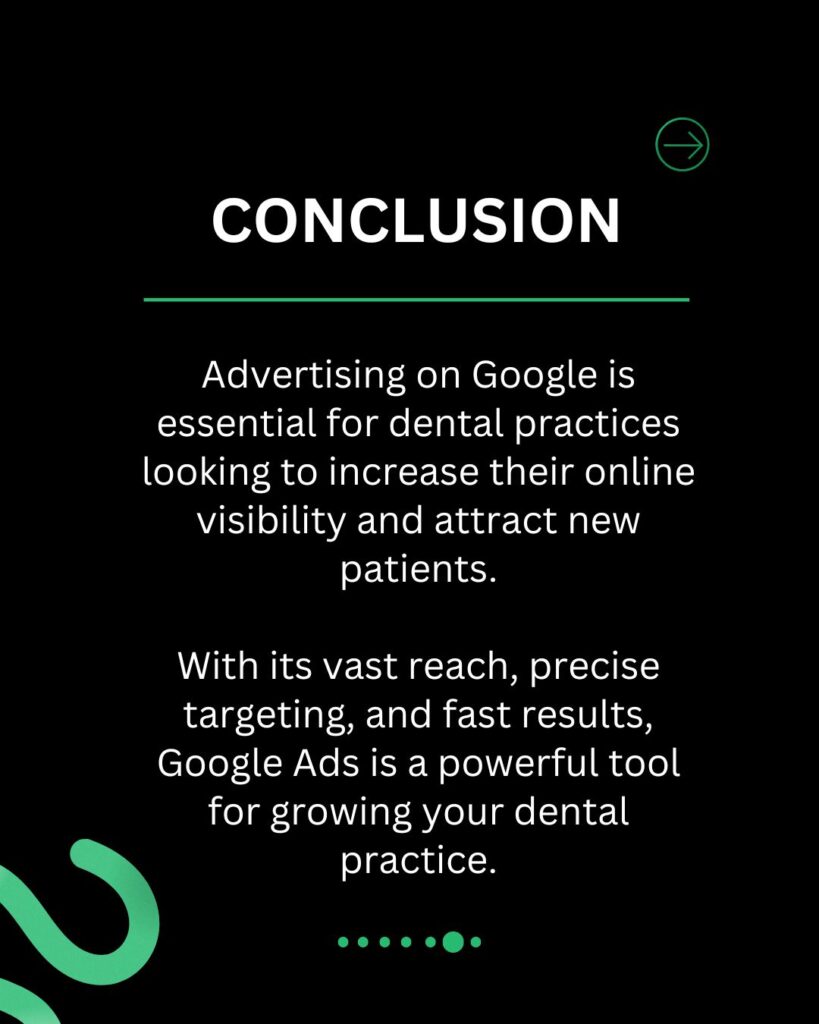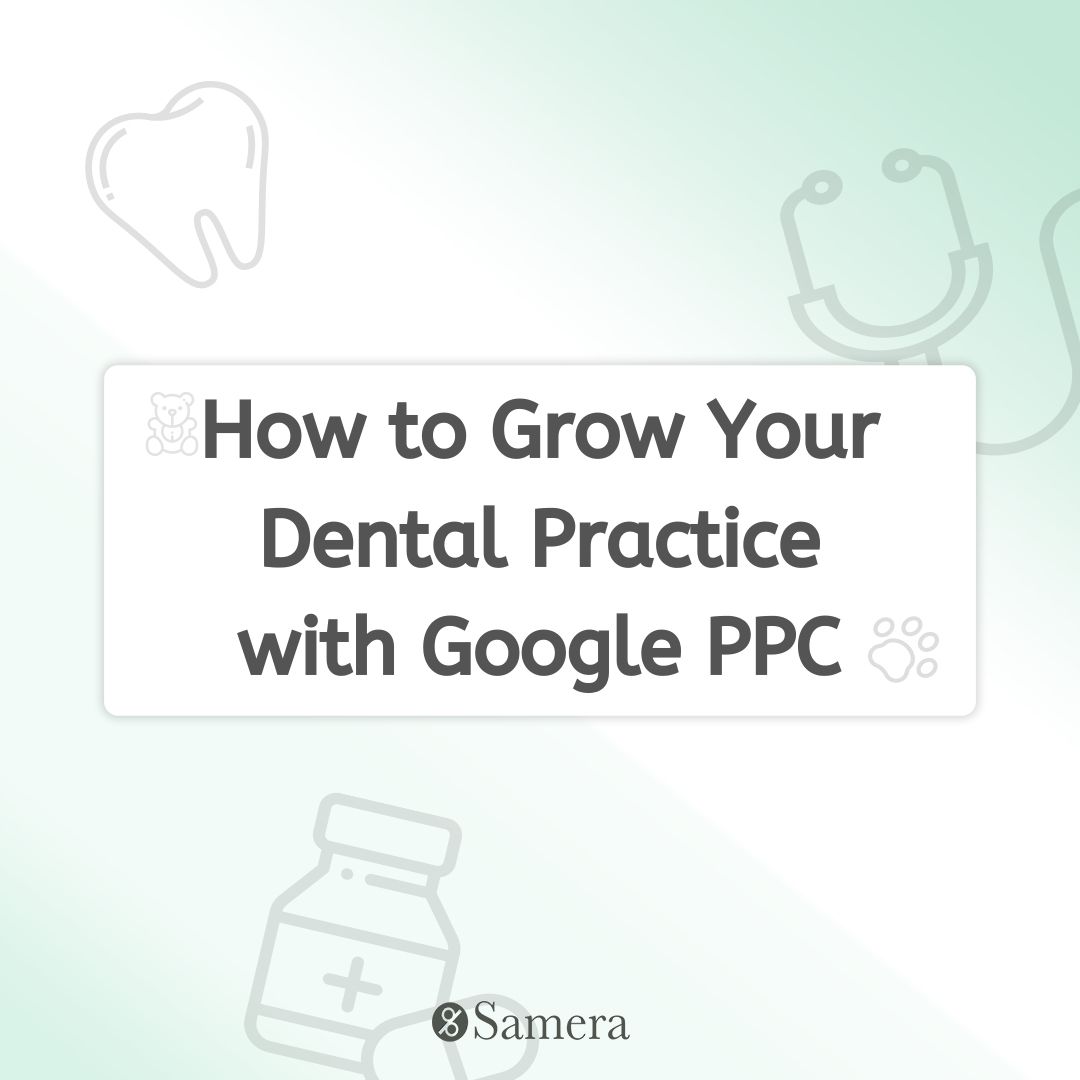Unlocking the Power of AI: Revolutionising Dental Practice Management
Artificial intelligence (AI) is changing the way we live, work, and do business. It’s having a big impact on various industries like education, healthcare, and finance. One field that is benefiting from AI is dental practice management. AI is helping dental practices streamline their operations and enhance patient care. It’s changing the way dental practices work by automating administrative tasks and predicting patient needs. In this post, we’ll explore how AI is used to manage dental practices and how it can improve patient outcomes, increase efficiency, and generate more revenue. If you’re a dentist looking to enhance your practice management, keep reading to discover how AI can create new opportunities for your dental practice.
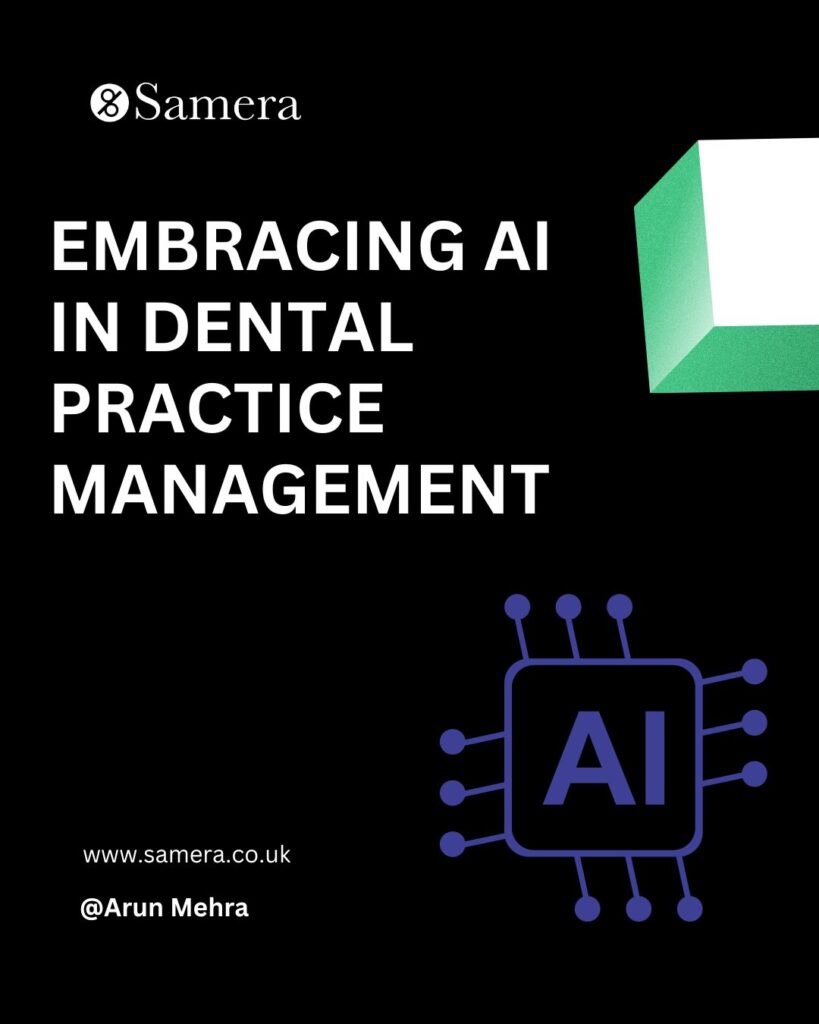
The role of AI in revolutionising dental practice management
Artificial Intelligence (AI) is changing the field of dentistry too. It can handle lots of information and do complex tasks, which is why it’s being used to manage dental practices. AI offers dentists and their teams opportunities to be more efficient, accurate, and provide better patient care.
Traditionally, managing dental practices required a lot of manual work and human judgement. But AI has become a valuable tool that streamlines operations, improves diagnosis and treatment planning, enhances patient communication, and overall improves the dental experience.
AI is great at automating administrative tasks like scheduling appointments, reminding patients, handling billing and insurance claims. It does these tasks quickly and accurately, freeing up valuable time for dental professionals to focus on giving the best care.
AI algorithms can analyse huge amounts of patient data like medical history, X-rays, and treatment outcomes. By finding patterns and insights, dentists can make more accurate diagnoses, create personalised treatment plans, and predict potential oral health issues before they become serious. With AI technology, dentists can provide proactive and preventive care, leading to better patient outcomes and satisfaction.
AI is also improving patient communication and engagement. Chatbots and virtual assistants powered by AI can answer common questions, provide educational materials, and even schedule appointments. This not only increases patient satisfaction but also reduces the workload on dental staff, allowing them to focus on more critical tasks.
Furthermore, AI helps dental practices optimize their operations and resource allocation. By analyzing patient flow, appointment patterns, and staff efficiency, AI algorithms can identify bottlenecks and inefficiencies. Practice managers can then make data-driven decisions to improve workflow and staff schedules. This leads to increased productivity, shorter wait times, and a smoother patient experience.
Understanding the challenges faced by dental practices
Running a dental practice comes with its own set of challenges that can hinder efficiency and growth. Understanding these obstacles is crucial for utilizing the potential of AI and improving dental practice management.
One major challenge faced by dental practices is appointment scheduling. It can be difficult to keep track of a full schedule with multiple patients and different types of appointments. Manual planning processes often lead to errors, double bookings, and significant delays for patients.
Patient engagement and communication are also problematic for dental practices. It can be inefficient and time-consuming to keep patients informed about their appointments, treatment plans, and preventive care. Lack of effective communication can result in missed appointments, low patient satisfaction, and ultimately, loss of revenue.
Managing dental records and information presents another obstacle. Traditional paper-based systems are not only cumbersome but also prone to errors and data loss. Retrieving patient records becomes a time-consuming process, affecting the overall efficiency of the practice.
In addition, efficient management of dental supplies and equipment is essential. Lack of proper equipment or supply shortages can lead to disruptions in patient care and unnecessary delays.
These challenges highlight the need for innovative approaches to simplify dental practice management. AI-powered technologies can revolutionize the way dental practices operate by addressing these challenges and improving overall efficiency and patient satisfaction. AI has the potential to automate appointment scheduling, send automated reminders to patients, implement electronic health record systems, and optimize inventory management. Embracing AI in dental practice management can result in improved efficiency, increased revenue, and enhanced patient experiences.
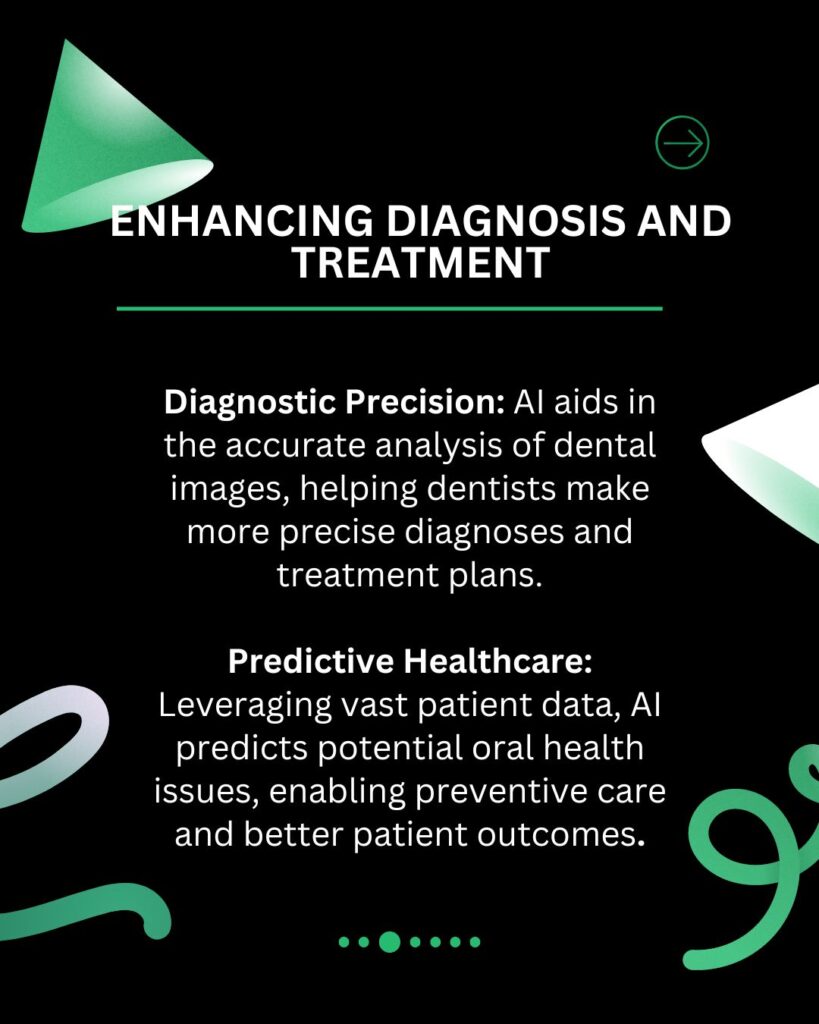
Contact us to find out more
The potential of AI in solving dental practice management issues
It’s amazing how artificial intelligence (AI) can revolutionize dental practice management. With advancements in technology, AI has become a powerful tool that can address various challenges faced by dental professionals and streamline their daily tasks.
One significant challenge that AI can tackle is appointment booking. Traditionally, dental practices have handled appointments manually, which can be time-consuming and prone to errors. However, AI-powered systems can automate this process by intelligently analyzing patient information, dentist availability, and other factors to schedule appointments efficiently. This not only saves time but also ensures optimal use of resources and improves patient satisfaction.
AI can also play a crucial role in enhancing treatment planning and diagnosis. AI algorithms can assist dentists in making more accurate and well-informed decisions by analyzing a large amount of patient data, such as X-rays, dental records, and medical history. This can result in better patient care, fewer mistakes, and improved treatment outcomes.
Moreover, AI can improve patient communication and engagement. AI-powered chatbots can instantly answer common questions, schedule appointments, and make personalized recommendations. This enhances the patient experience, reduces wait times, and increases customer loyalty.
Additionally, AI can streamline administrative tasks like billing, inventory management, and insurance claims processing. By automating these processes, dental practices can save time and resources, allowing their staff to focus on more critical aspects of patient care.
While AI in dental practice management is still in its early stages, its potential is immense. We can expect AI to become increasingly important in transforming dental practices, increasing efficiency, and providing improved oral healthcare to patients as technology continues to advance. By incorporating AI into practice management, dental professionals can enter a new era of innovation and productivity.
Streamlining appointment scheduling and patient management with AI
Managing a dental practice can be complex and time-consuming in today’s fast-paced world. Dental professionals face numerous challenges, including patient management and appointment scheduling. However, with the advancements in artificial intelligence (AI), these challenges can now be overcome more efficiently and effectively than ever before.
One area where AI is transforming dental practice management is appointment booking. In the past, dental practices relied on manual scheduling, which often led to double bookings, missed appointments, and unhappy patients. AI-powered scheduling systems have eliminated these issues.
AI algorithms analyse various factors, such as dentist availability, patient preferences, and treatment durations, to automatically schedule appointments in a way that maximises efficiency and minimises conflicts. This reduces wait times and ensures smooth appointment experiences, saving time for dental professionals and increasing patient satisfaction.
Furthermore, AI can assist in patient management by organising and analysing large amounts of patient data. By using AI algorithms, AI systems can identify patterns and trends in patient data, allowing dental professionals to make more informed decisions regarding treatment plans and personalised care.
For example, AI can help identify patients at higher risk for certain dental conditions based on their medical history, lifestyle factors, and genetic predispositions. By proactively addressing potential issues and providing individualised preventive care, overall oral health outcomes for patients improve.
Additionally, AI-powered chatbots can enhance patient communication and support. These virtual assistants can provide instant responses to common inquiries, such as information about treatment options, post-operative care instructions, and appointment availability. By automating these interactions, dental practices can free up staff resources and improve patient engagement, even outside of office hours.
In conclusion, AI has the potential to transform dental practice management by streamlining appointment booking, optimizing patient management, and enhancing communication. By harnessing the power of AI, dental professionals can unlock new levels of efficiency, productivity, and patient satisfaction, ultimately revolutionizing the way dental practices operate in the modern era.
Enhancing patient communication and engagement through AI-powered tools
Artificial intelligence (AI) is transforming various industries, including dental practice management. One area where AI is making a significant impact is in improving patient communication and engagement.
In the past, dental practices relied on phone calls, emails, and face-to-face interactions to communicate with patients. However, these methods often proved to be time-consuming and inefficient. AI-powered tools are changing the game by streamlining communication processes and providing a seamless experience for patients.
One way AI is enhancing patient communication is through the use of chatbots. By integrating intelligent virtual assistants into dental practice websites or mobile apps, patients can easily ask questions, schedule appointments, or get immediate support. Chatbots offer quick and accurate responses, reducing the need for patients to wait on hold or wait for a reply to their messages.
Moreover, AI-powered tools can analyse patient data and preferences to personalise communication. For instance, dental practices can utilise AI to automatically send appointment reminders, follow-up messages after treatments, or even oral health tips tailored to each patient’s specific needs. This level of personalised communication improves patient satisfaction and fosters a stronger relationship between the patient and the dental practice.
Additionally, AI enables dental practices to engage with patients through voice-controlled assistants. Using smart speakers, patients can access educational content, receive guidance on post-treatment care, and ask questions about oral hygiene. These voice-activated assistants allow patients to stay connected with their dental office in a convenient and interactive manner, ultimately leading to improved oral health outcomes.
By utilising AI-powered tools for patient communication and engagement, dental practices can enjoy several benefits. These include increased patient satisfaction, personalised experiences, and improved efficiency. As the dental industry embraces the potential of AI, it becomes evident that it is reshaping how dental practices manage patient interactions and prepare for a technologically advanced and patient-centred future.
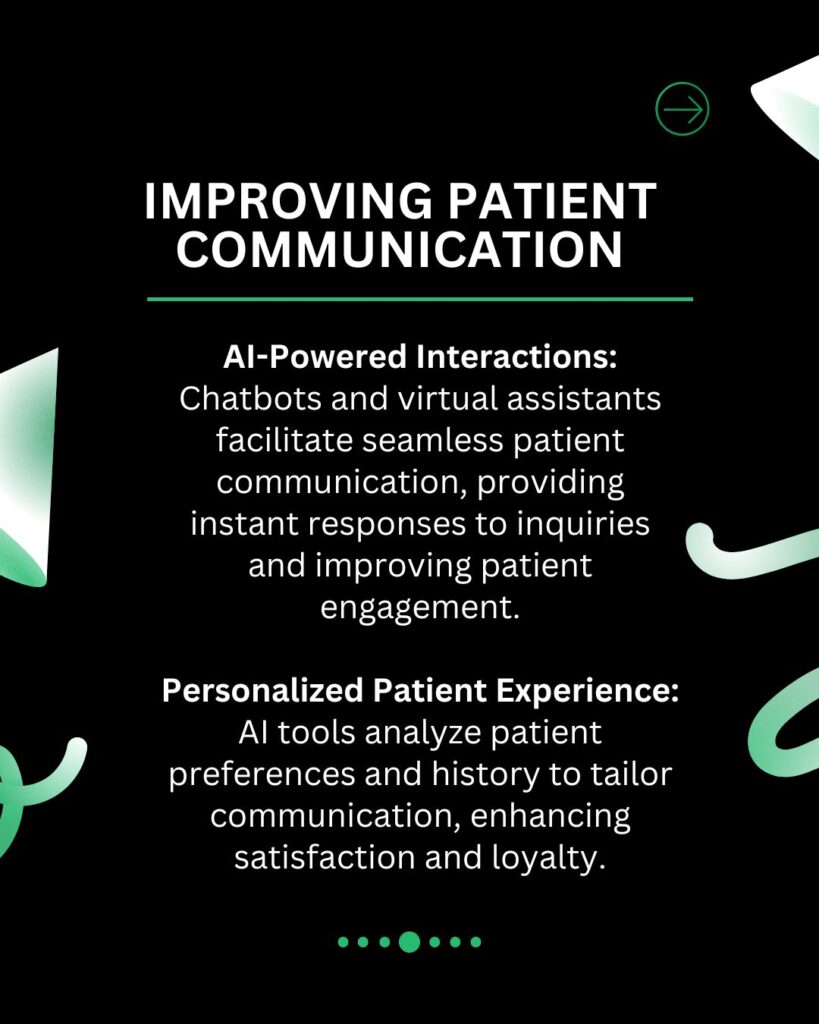
Leveraging AI for accurate diagnosis and treatment planning
In the field of dentistry, the use of artificial intelligence (AI) has brought about a significant breakthrough in diagnosis and treatment planning. By harnessing the power of AI, dentists can now achieve more precise and effective results than ever before.
AI algorithms have the ability to analyse large amounts of patient data, such as medical history, X-rays, and clinical notes, with impressive accuracy and speed. This allows dentists to detect even the smallest dental conditions or abnormalities that might be missed by human observation alone.
Furthermore, AI-powered software can provide valuable insights and recommendations based on the analysed data to assist in treatment planning. By considering factors like patient preferences, clinical guidelines, and best practices, AI algorithms can create customised treatment plans that improve both patient outcomes and practice efficiency.
The ability of AI to learn and adapt over time is one of its greatest advantages in dental practice management. As more data is fed into the system, the algorithms continuously improve their diagnostic accuracy and treatment planning capabilities. This enhances patient care and allows dentists to stay at the forefront of their field by leveraging the latest advancements in AI technology.
Additionally, incorporating AI into dental practice management can streamline workflows and reduce human error. By automating routine tasks and integrating AI-powered systems into existing practice management software, dentists can save valuable time and resources while ensuring consistent and reliable results.
It is important to note that while AI is revolutionising dental practice management, it is not meant to replace the expertise and skill of dental professionals. Instead, it serves as a powerful tool that complements their knowledge and experience, assisting them in providing superior patient care and achieving improved outcomes.
By embracing the power of AI, dental professionals have the potential to usher in a new era of innovation, precision, and efficiency in diagnosis and treatment planning. With the help of AI, dentists can elevate their practice to new heights, benefiting both their patients and their own professional growth.
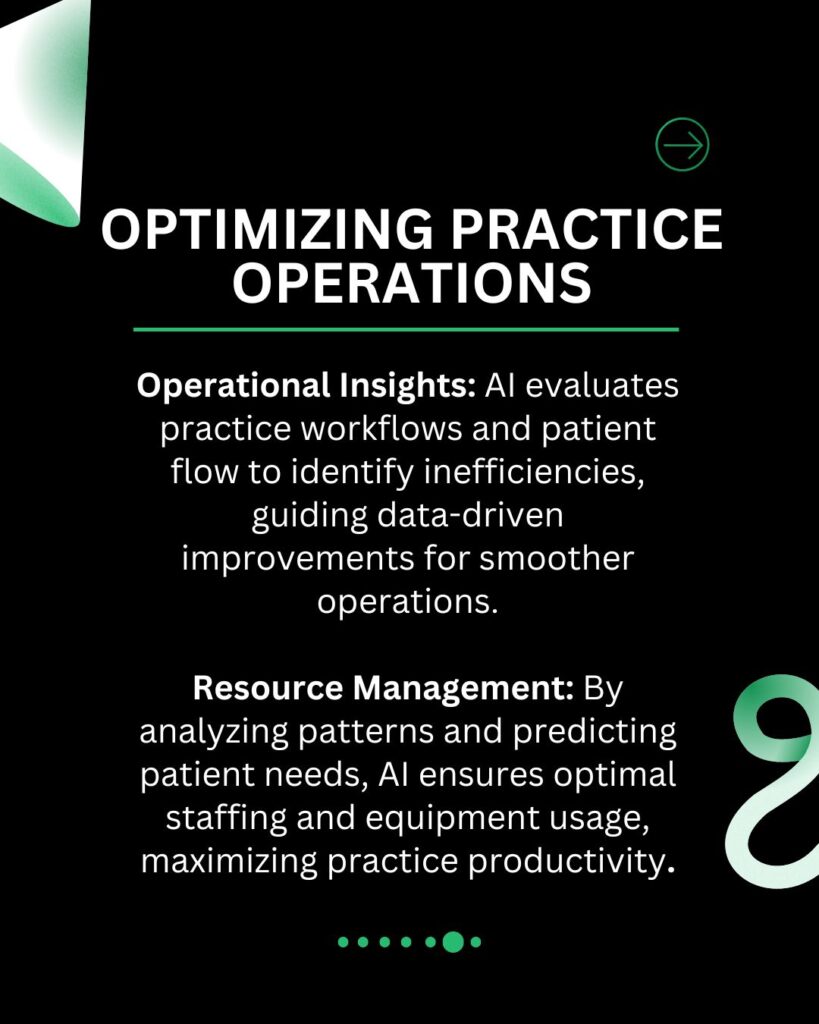
Automating administrative tasks and improving efficiency with AI
Artificial intelligence (AI) is a game-changer in many industries, including dental practice management. One of the great advantages of AI in this context is its ability to automate administrative tasks, streamlining operations and improving overall efficiency.
Traditionally, dental practices have had to deal with tasks like appointment scheduling, patient record management, and billing. These tasks are not only time-consuming but also prone to human errors. However, with the power of AI, these processes can be automated, allowing dental professionals to focus more on patient care.
AI-powered systems can intelligently handle appointment scheduling by analysing the availability of both the dentist and the patient. AI algorithms optimise scheduling by considering various factors, such as treatment duration and required equipment, to maximise efficiency and minimise patient wait times.
Another area where AI can revolutionise dental practice management is patient record management. With AI-powered systems, patient records can be digitised and organised in a structured manner. This enables quick access to patient information, including medical history, treatment plans, and progress. AI algorithms can analyse this data to provide personalised treatment recommendations based on patient-specific factors, ultimately improving the quality of care provided.
Moreover, AI can simplify the billing process by automating tasks such as insurance checks, claims processing, and payment reminders. This not only makes it easier for dental staff to perform their jobs but also reduces the likelihood of payment processing errors or delays.
By automating these administrative tasks, dental practices can achieve significant time and cost savings. This allows dental professionals to focus on providing exceptional patient care and enhancing the overall dental experience, as resources can be allocated more effectively.
In conclusion, the impact of AI in dental practice management cannot be underestimated. By automating administrative tasks and improving efficiency, AI empowers dental professionals to streamline operations, provide better patient care, and ultimately revolutionise the way dental practices operate. Embracing AI technology can usher in a new era of efficiency and effectiveness in dental practice management.
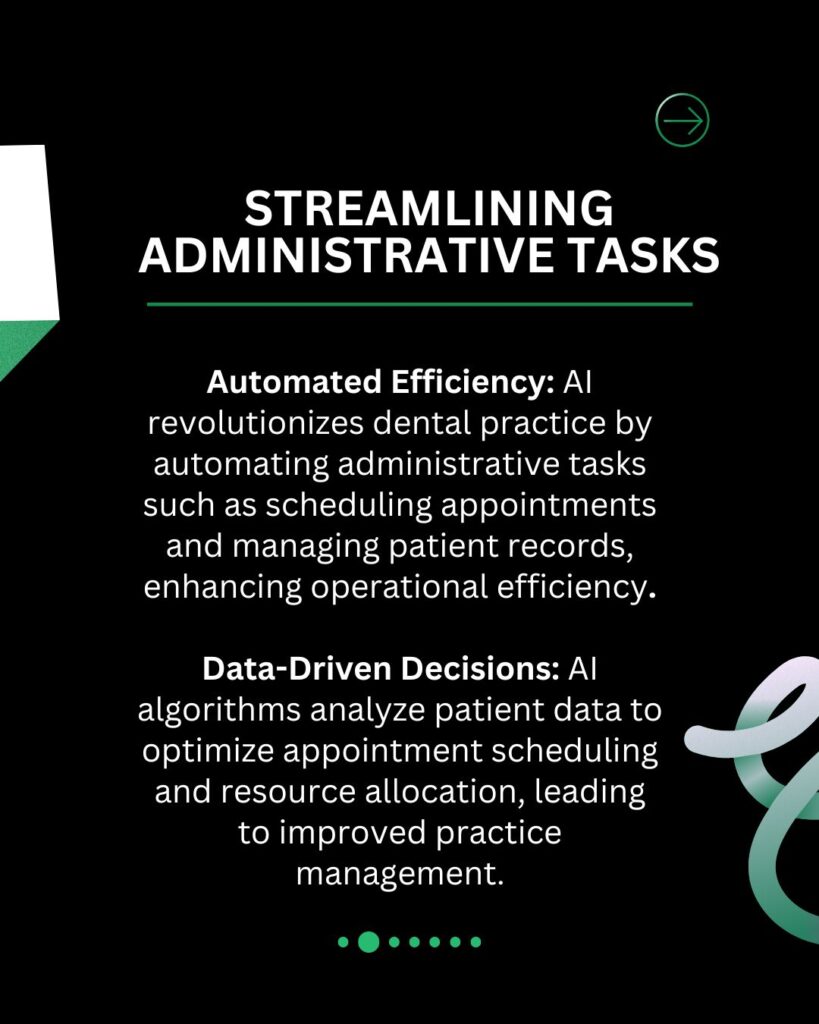
Addressing concerns and misconceptions about AI in dental practice management
Like any new technology, there are often misunderstandings and concerns when it comes to AI in dental practice management. However, it’s important to address these concerns and provide accurate information in order to fully understand the potential benefits and capabilities of AI in this field.
One common concern is the fear that AI will replace human dental professionals. While AI can automate certain tasks and streamline processes, it is not meant to replace the expertise and judgement of dental professionals. Instead, AI serves as a powerful tool to assist and enhance their work, allowing them to focus more on patient care and complex procedures.
Another misconception is the belief that AI is too complex or expensive to implement in dental practices. However, thanks to advancements in technology, AI is now more accessible and user-friendly than ever before. Many dental practice management software now incorporate AI features that are specifically designed to improve workflows, enhance efficiency, and provide valuable insights for better guidance.
Additionally, some may have concerns about the security and privacy of patient data when using AI in dental practice management. It is crucial to select reputable software vendors that prioritise data security and comply with industry regulations. Strong security measures, such as encryption and access controls, can help protect patient data and maintain confidentiality.
Lastly, the accuracy of AI in diagnosis and treatment planning may raise questions. While AI algorithms are constantly improving, they are not meant to replace the diagnostic skills and experience of dental professionals. Instead, AI can assist in analysing large datasets, identifying patterns, and providing insights to support more informed decision-making.
By addressing these concerns and misconceptions, dental professionals can embrace the potential of AI in practice management. It allows for more efficient operations, better patient care, and staying at the forefront of technological advancements in the field. AI has the potential to transform dental practice management, empowering dentists and practitioners to provide exceptional care in an increasingly digital world.
Embracing the future: Steps to incorporate AI in your dental practice
Incorporating artificial intelligence (AI) into your dental practice can completely transform the way you manage and treat patients. AI has become a powerful tool that can improve various aspects of your practice, from patient scheduling to treatment planning, thanks to advancements in technology. Here are some steps to help you embrace the future and successfully integrate AI into your dental practice.
Identify areas for AI integration: Start by assessing your current workflows and identifying areas where AI can make a significant impact. This could include automating appointment scheduling, streamlining administrative tasks, analysing scans or X-rays, or enhancing patient communication.
Explore AI solutions: Once you have identified the areas for AI integration, research different AI solutions available on the market. Look for reputable companies that specialise in AI for dental practice management and have a proven track record of successful implementations. Consider factors like ease of use, compatibility with your existing systems, and the level of support provided.
Implement AI gradually: Introducing AI to your practice doesn’t have to be an all-or-nothing approach. Start by implementing AI in one area of your practice, such as automated appointment reminders or improving patient communication. This way, you can gradually familiarise yourself and your team with the technology and assess its impact on your workflow.
Train and support your team: As you bring AI into your practice, it’s important to provide adequate training and support to your team. Ensure that everyone understands how to use the AI tools effectively and how it can enhance their daily tasks. This will help maximise the benefits of AI and ensure a smooth transition for everyone involved.
Click here to read our article on building a dental team.
Evaluate and monitor performance: Regularly monitor and evaluate the effectiveness of the AI tools you have implemented. Assess whether they are improving the patient experience, increasing efficiency, and achieving the desired outcomes. Make any necessary adjustments and stay updated on new AI technology updates.
By embracing the future of AI and carefully planning, implementing, and evaluating its integration, you can unlock its potential to streamline operations, enhance patient care, and take your dental practice to new heights. It has the power to transform the way you manage your practice and provide exceptional dental care.
Contact us to find out more
AI can play a significant role in enhancing marketing efforts in a dental practice
Using AI can greatly improve the marketing efforts of a dental practice. Here are a few examples of how AI can enhance marketing strategies:
Data analysis and customer segmentation: AI can analyze large amounts of data from sources like patient records, website analytics, and social media. By finding patterns, AI can segment the target audience more effectively. It can identify potential leads and create personalized marketing campaigns based on patient preferences, behaviors, and demographics.
Personalized marketing campaigns: AI-powered algorithms can generate customized marketing content, such as emails, social media posts, and ads. By using patient data and preferences, AI can create personalized messages and offers, leading to higher engagement and conversion rates.
Click here to read our article on email marketing for dentists.
Chatbots and assistants: AI-powered chatbots can provide instant responses to patient inquiries on websites, social media platforms, or messaging apps. They can answer frequently asked questions, schedule appointments, provide basic dental information, and even offer personalized oral health recommendations. This improves customer satisfaction and streamlines administrative tasks.
Click here to read more about growing a dental practice with social media.
Predictive analytics: AI can analyse historical patient data to predict future behaviours and outcomes. By identifying trends and patterns, AI can anticipate patient needs and preferences. This allows dental practices to anticipate demand and adjust marketing strategies accordingly.
Image analysis and treatment planning: AI can analyse dental X-rays, scans, and images to assist in treatment planning and diagnosis. By providing accurate and efficient analysis, AI can enhance the patient experience, contribute to better treatment outcomes, and even be used for patient education and case presentations.
Online reputation monitoring and sentiment analysis: AI can track brand reputation and monitor patient sentiment through online reviews and social media platforms. This data helps dental practices identify areas for improvement, address customer concerns promptly, and leverage positive feedback for marketing purposes.
Optimization of marketing campaigns: AI can analyse real-time performance of marketing campaigns, enabling dental practices to make data-driven decisions. By monitoring key metrics such as click-through rates, conversion rates, and engagement levels, AI can provide insights and suggestions to optimise marketing efforts for improved results.
Click here to read our article on how to market your dental practice online.
It’s important to remember that while AI can enhance dental practice marketing, it should be used in conjunction with human expertise. Dental professionals and marketing experts should collaborate to develop effective strategies and ensure that AI applications align with ethical considerations and patient privacy regulations.
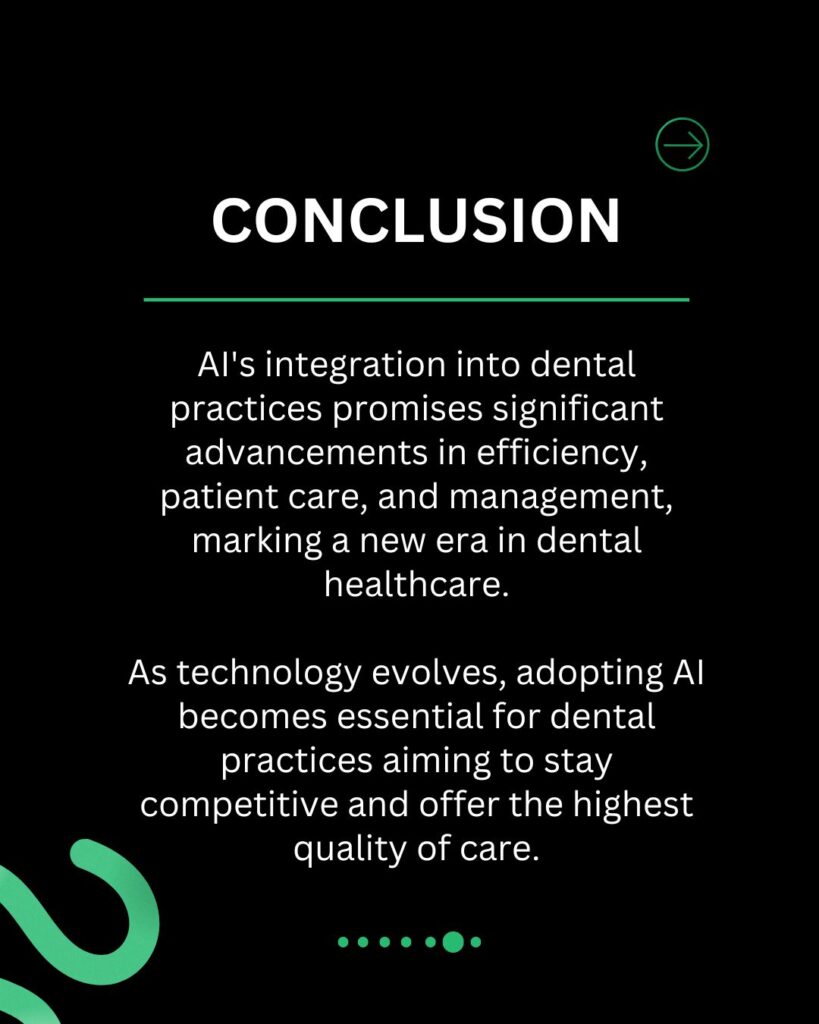
Click here to read more about Marketing to Millennials for Dentists.
How AI tools (like ChatGPT plugins) can help analyse and suggest solutions for SEO or website issues for dental practise
In a dental practice, AI tools like ChatGPT plugins can help analyse and suggest solutions for SEO or website issues. Here’s how they can be useful:
Website analysis: AI tools can analyse the structure, content, and performance of a dental practice’s website. They can identify issues like broken links, missing meta tags, duplicate content, slow page loading times, and other SEO-related problems. By examining the website, AI can create a comprehensive report highlighting areas that need improvement.
Keyword research: AI tools can help identify relevant keywords and search terms that potential patients might use when looking for dental services. By analysing search patterns and user behaviour, AI can suggest optimal keywords to target in website content, blog posts, or meta tags, thereby improving the website’s search engine visibility.
Click here to read our article on how to create a website for dentists.
Content optimization: AI tools can assist in optimising website content for search engines. They can analyse existing content, suggest improvements to enhance keyword usage, recommend formatting changes, and provide insights to improve readability and user experience. Additionally, AI can suggest topics for blog posts or articles to increase traffic and help identify content gaps.
Competitor analysis: AI tools can analyse SEO strategies and competitor websites. They can identify keywords, backlinks, or content strategies that competitors are using successfully. Dental practices can use this information to gain a better understanding of their industry’s competitive landscape and make well-informed decisions regarding their own SEO strategies.
SEO performance tracking: AI tools can monitor the SEO performance of a dental practice’s website over time. They can track key metrics like search rankings, organic traffic, and conversion rates. AI can assist dentists and marketers in understanding the impact of their SEO efforts and making data-driven decisions to enhance performance by providing regular reports and insights.
On-page optimization tips: AI tools can provide real-time suggestions for on-page optimization while creating or editing website content. For example, as a dentist writes a blog post, an AI module can analyse the content in real-time and suggest improvements to optimise headings, meta descriptions, or internal linking to ensure best SEO practices are followed.
Voice search optimization: AI tools can help dental practices optimise their websites for voice search queries. With the rise of voice assistants like Siri, Alexa, or Google Assistant, AI can analyse conversational search patterns and suggest content improvements to align with voice search queries and provide answers to common dental questions.
Click here to read more about SEO for dental websites in 5 steps.
It’s important to remember that AI tools can provide valuable insights and suggestions, but they should be used in conjunction with human expertise. Dentists and marketers should interpret the insights provided by AI tools, apply their industry knowledge, and make informed decisions to truly enhance their SEO strategies.
We hope you found our blog post on using AI for dental practice management helpful and inspiring. Embracing AI can revolutionise how dental practices operate as technology continues to advance. By automating administrative tasks, streamlining patient management, and enhancing diagnostic capabilities, AI has the potential to greatly improve efficiency, accuracy, and patient satisfaction. We encourage you to stay informed about the latest developments and collaborate with experts in the field as you consider implementing AI solutions in your dental practice.
How AI will Change Running a Dental Practice FAQ
How will AI impact dental practices?
AI will enhance dental practices by improving diagnostics, streamlining administrative tasks, personalizing patient care, and optimizing treatment planning, making operations more efficient and patient-centric.
Can AI help with diagnosing dental issues?
Yes, AI can assist in diagnosing dental issues by analyzing X-rays, 3D scans, and patient data to identify early signs of problems like cavities, gum disease, and oral cancers with greater accuracy.
How can AI improve patient care in a dental practice?
AI can personalize treatment plans based on individual patient data, enhance appointment scheduling, and provide predictive analytics for more proactive and customized care.
What administrative tasks can AI automate in a dental practice?
AI can automate administrative tasks like appointment scheduling, patient reminders, billing, and data entry, freeing up staff to focus more on patient care.
Will AI reduce errors in dental practices?
Yes, AI will help reduce errors in dental practices by improving accuracy and efficiency across various processes. Here’s how:
- Accurate Diagnoses: AI can analyze dental images such as X-rays and 3D scans with greater precision, identifying issues like cavities, gum disease, and other oral health problems earlier and more accurately than manual methods.
- Automated Data Entry: AI can automate administrative tasks such as data entry, reducing human errors related to patient records, billing, and appointment scheduling.
- Consistent Treatment Plans: AI-based systems can standardize treatment plans by analyzing patient data and providing evidence-based recommendations, minimizing variability in treatment decisions.
- Reduced Human Error: By automating routine and repetitive tasks, AI reduces the risk of mistakes caused by manual input or oversight, ensuring better patient care and safety.
Incorporating AI into dental practices can significantly enhance precision, reduce costly errors, and improve overall operational efficiency.
Can AI improve the patient experience in dental practices?
AI can enhance the patient experience by offering faster diagnosis, more personalized care, and efficient appointment scheduling, leading to shorter wait times and improved patient satisfaction.
How does AI assist in treatment planning for dental procedures?
AI can analyze large datasets to recommend the best treatment options, predict outcomes, and assist dentists in creating more precise and effective treatment plans for procedures like implants, orthodontics, and restorations.
Can AI help manage dental practice finances?
Yes, AI tools can help manage finances by tracking expenses, optimizing billing processes, and providing financial insights that enable better decision-making and profitability.
Is AI in dentistry safe?
Yes, AI in dentistry is safe when implemented and used correctly. AI technologies undergo rigorous testing and adhere to strict healthcare regulations to ensure patient safety and accurate results. Here’s why AI is considered safe in dental practices:
- Regulatory Compliance: AI tools used in dentistry must comply with healthcare standards like HIPAA (in the U.S.) or GDPR (in the EU), ensuring data privacy and secure handling of patient information.
- Thorough Testing: AI algorithms are thoroughly tested and validated before being used in clinical settings, ensuring their accuracy in diagnosing dental conditions and planning treatments.
- Assistive Role: AI enhances a dentist’s ability to diagnose and treat by providing data-driven insights, but the final decision is always made by a qualified professional, reducing the risk of misdiagnosis.
- Continuous Learning: AI systems improve over time by learning from vast datasets, making them increasingly reliable in identifying dental issues and suggesting treatment options.
Overall, AI is a safe, reliable tool that supports dentists in delivering accurate, personalized care, while adhering to strict medical and ethical standards.
How can AI improve patient communication?
AI-powered chatbots and virtual assistants can handle patient inquiries, provide appointment reminders, and assist with post-treatment follow-up, improving communication and patient engagement.
Will AI replace dentists in the future?
No, AI is not expected to replace dentists. Instead, it will augment their capabilities by offering advanced tools for diagnostics, treatment planning, and patient management, allowing dentists to focus on more complex clinical work.
How will AI affect dental staff roles?
AI will likely change dental staff roles by automating repetitive tasks, allowing staff to focus more on patient care, improving workflow, and increasing overall efficiency within the practice.
How can AI help with patient retention?
AI can analyze patient data to identify trends and preferences, allowing practices to offer personalized services, reminders, and targeted follow-ups, which improve patient satisfaction and retention.
Is AI affordable for small dental practices?
Yes, as AI technology becomes more advanced, affordable solutions tailored to small and medium-sized dental practices are emerging, making AI integration accessible for practices of all sizes.
What are the long-term benefits of using AI in dental practices?
The long-term benefits of AI in dental practices include improved efficiency, better patient outcomes, cost savings, enhanced diagnostic accuracy, and the ability to offer more personalized, data-driven care.
Learn more: Related Articles
About the Author

Neha Jain
Neha Jain is a skilled content writer with a rich background in business and financial knowledge. With a bachelor’s degree in English Literature and Psychology, Neha has honed her writing skills, furthering her expertise with the Content Writing Master Course (CWMC) at IIM SKILLS and a Content Marketing Certification from HubSpot Academy.
Working alongside our business development experts, Neha specialises in helping accountants, dentists and other healthcare professionals start, scale and sell their businesses.
Reviewed By:
Grow Your Dental Practice with Samera
Join the Samera Alliance buying group today for free to save money on your consumables and assets, increase your profits and grow your dental practice.
You’ll get access to exclusive discounts on the consumables, products and equipment you need to build and grow your dental practice. You’ll also get exclusive discounts from our Alliance Partners, covering everything from HR, IT and legal services to utilities, compliance and dental technology.
Join for free. Save money. Grow your dental practice.
More on Growing a Dental Practice
For more information on growing a dental practice, check out the articles and webinars in our Learning Centre, like our guide on How to Grow a Dental Practice.
Make sure you never miss any of our articles, webinars, videos or events by following us on Facebook, LinkedIn, YouTube and Instagram.



